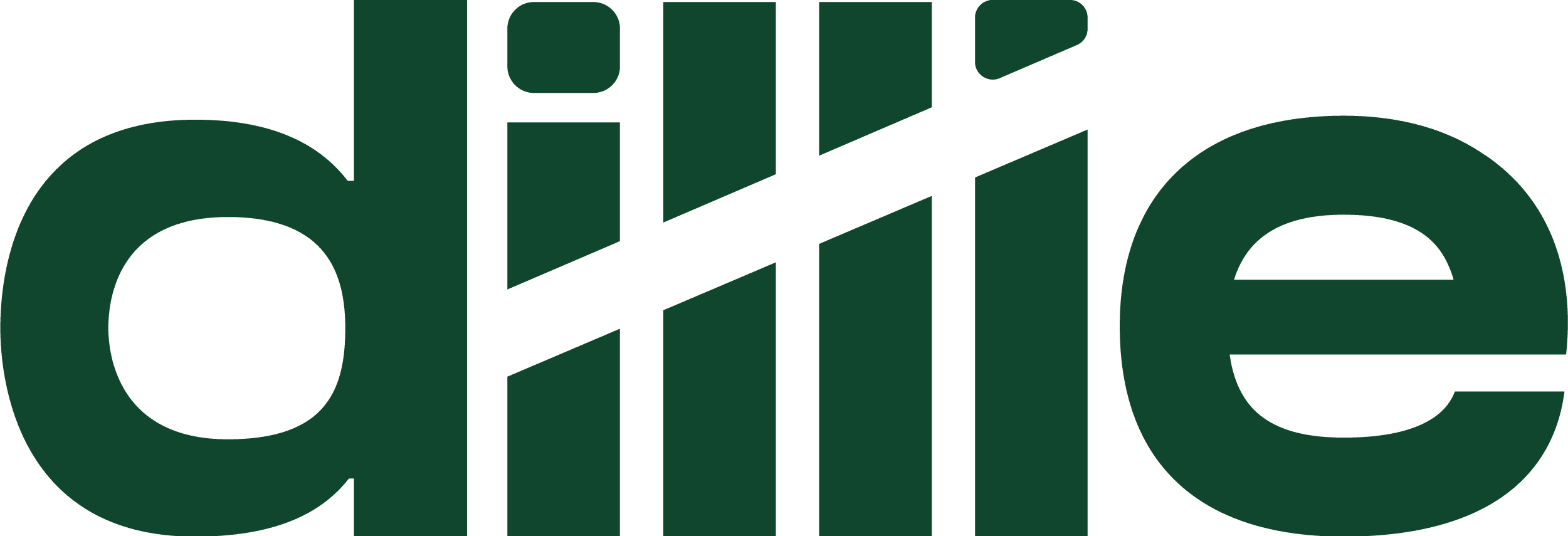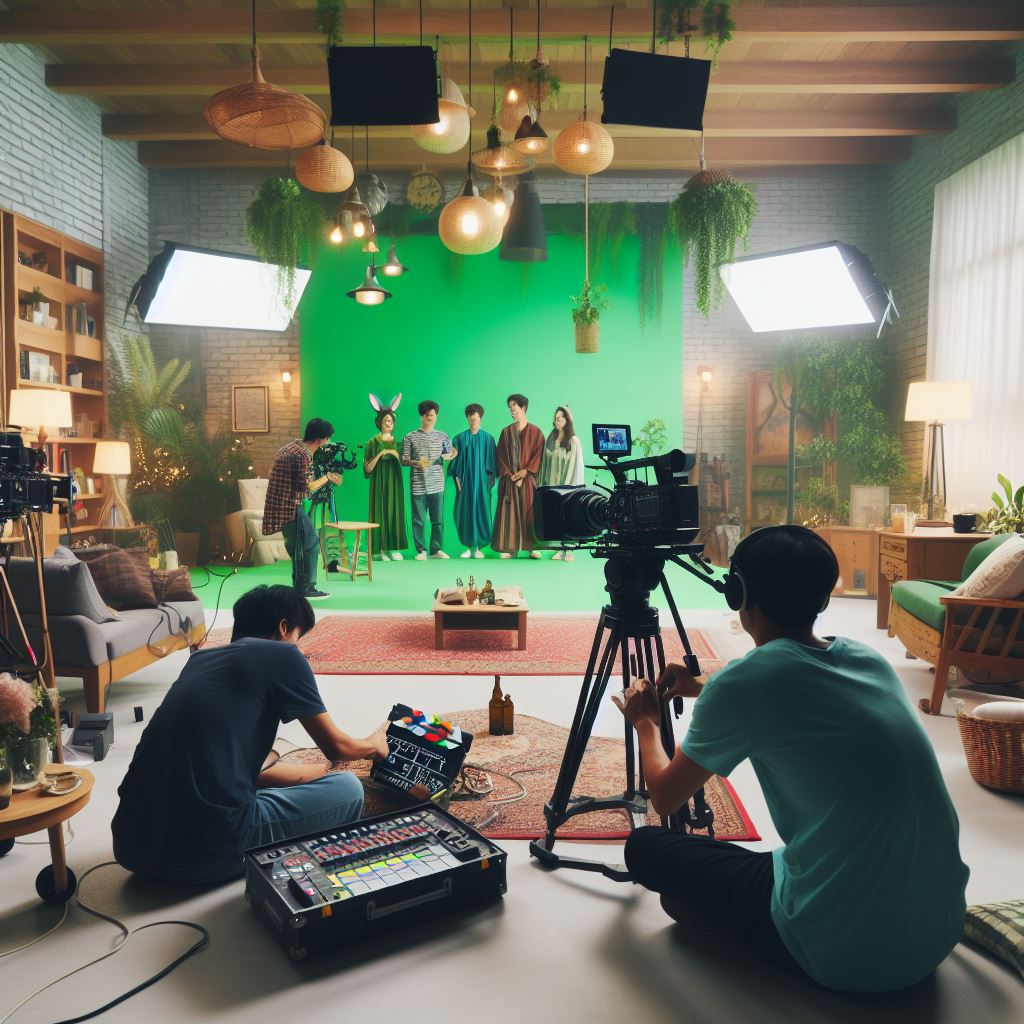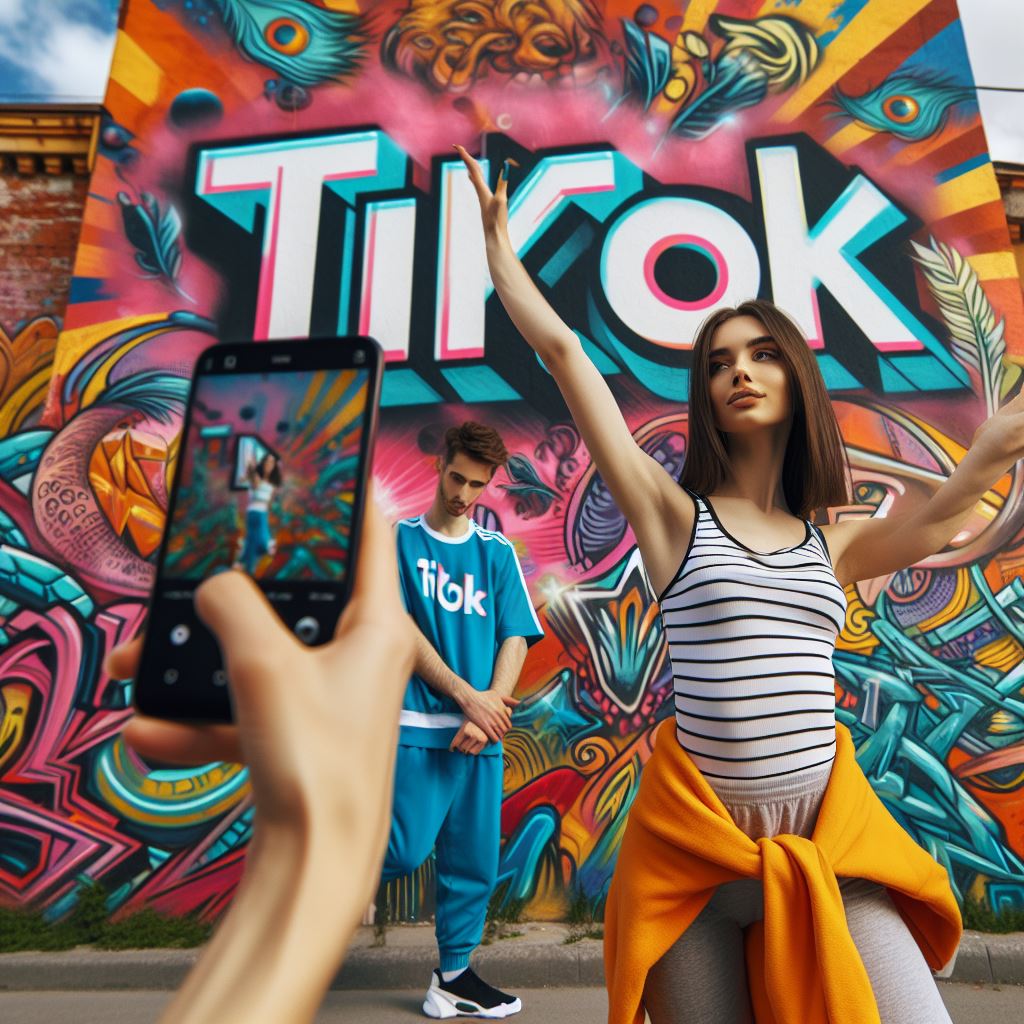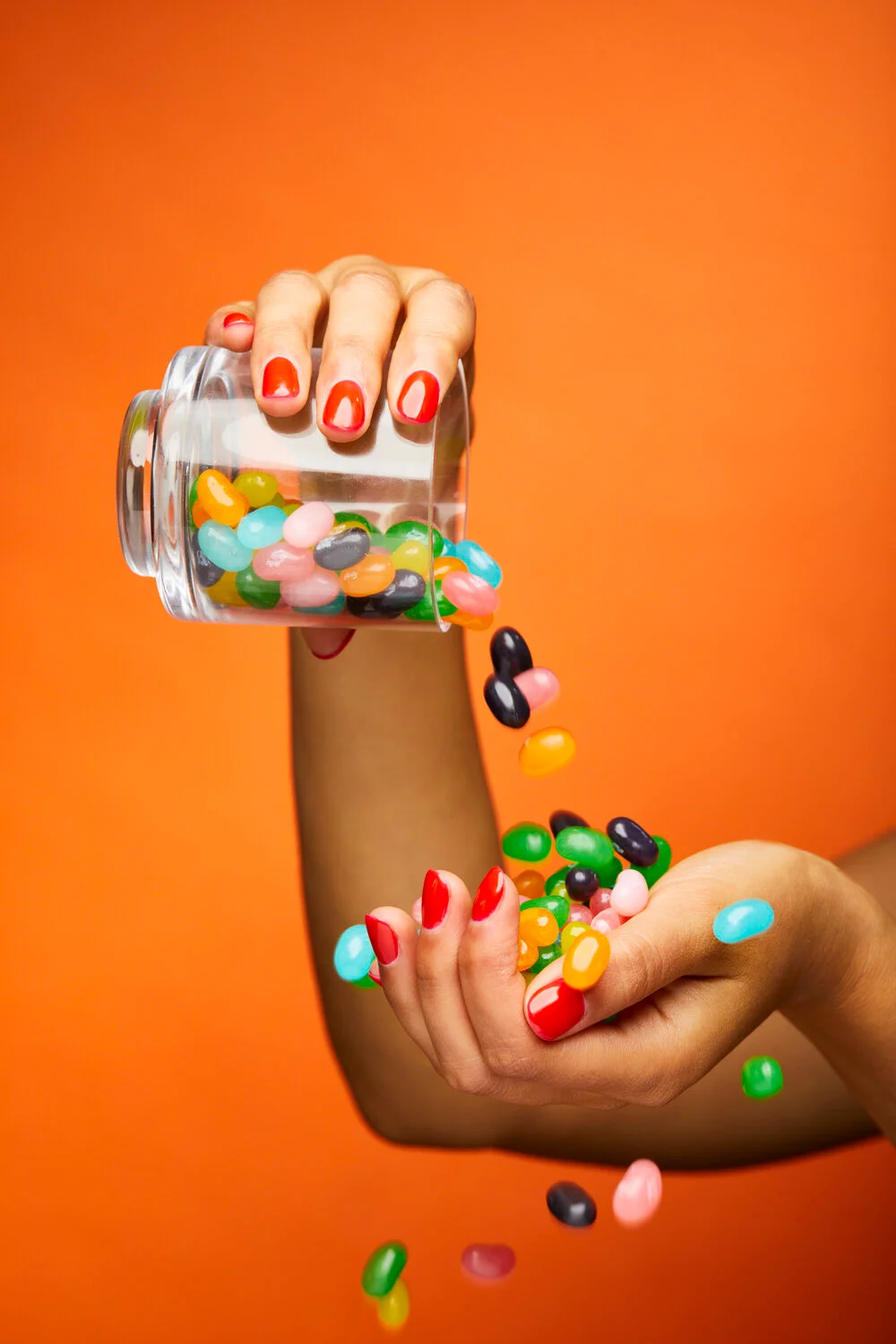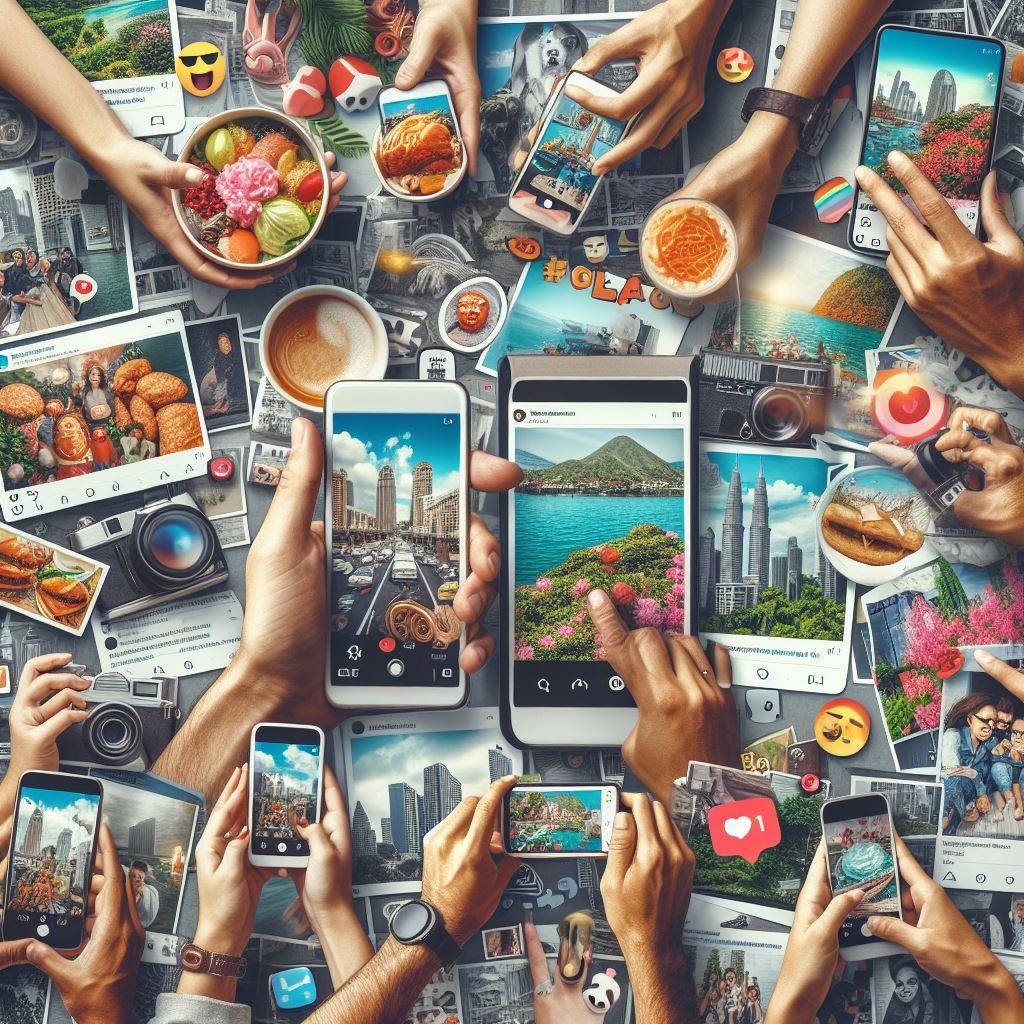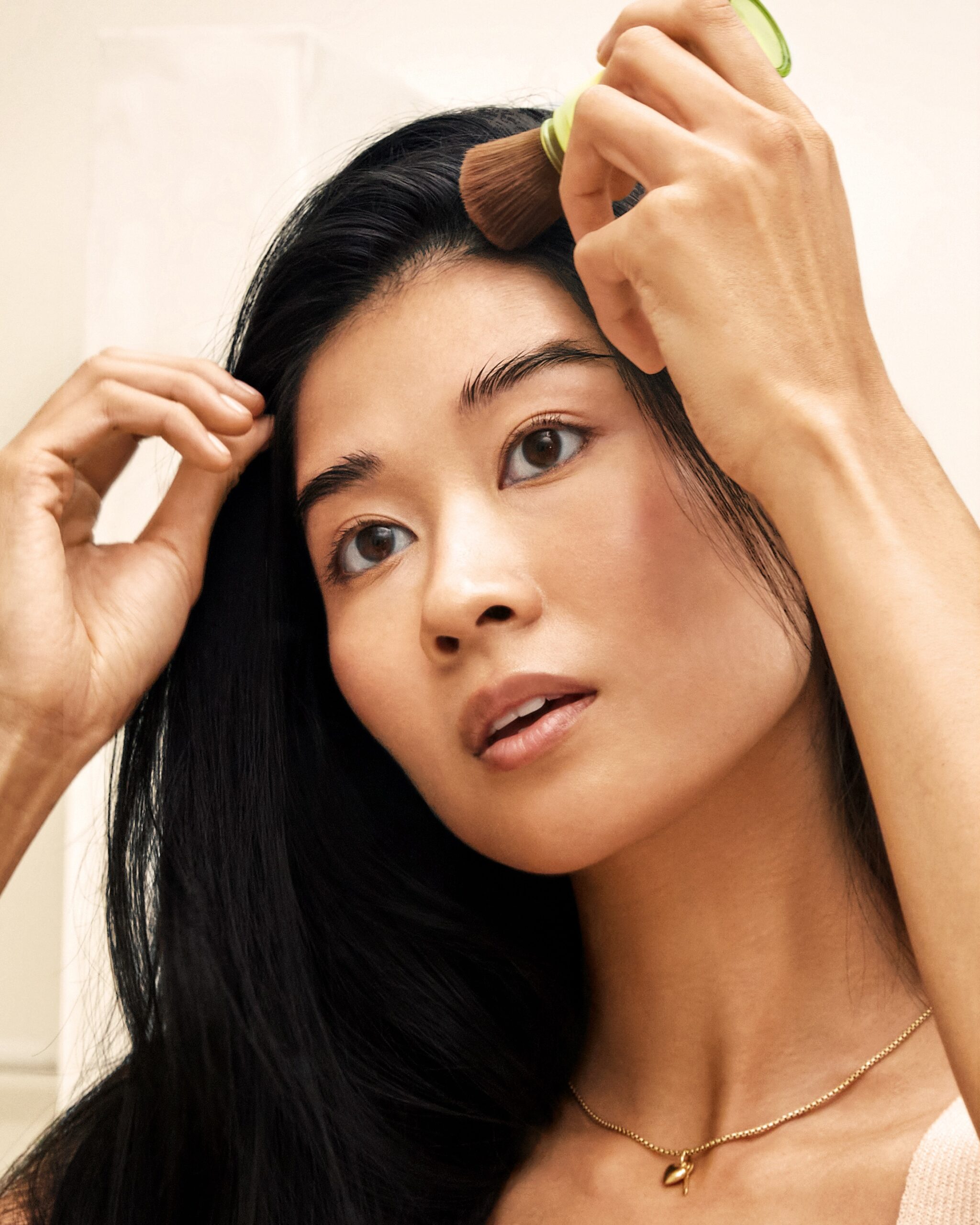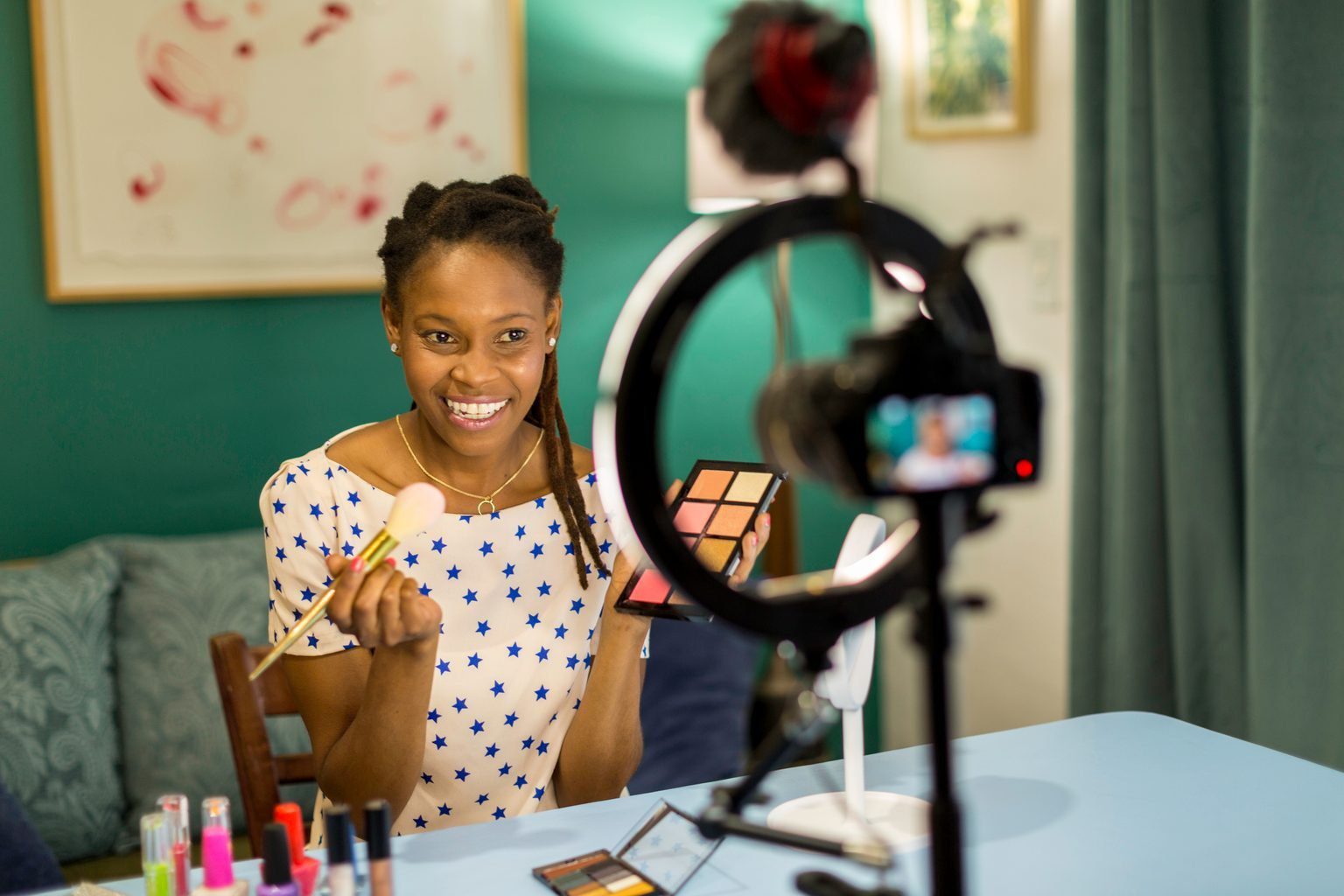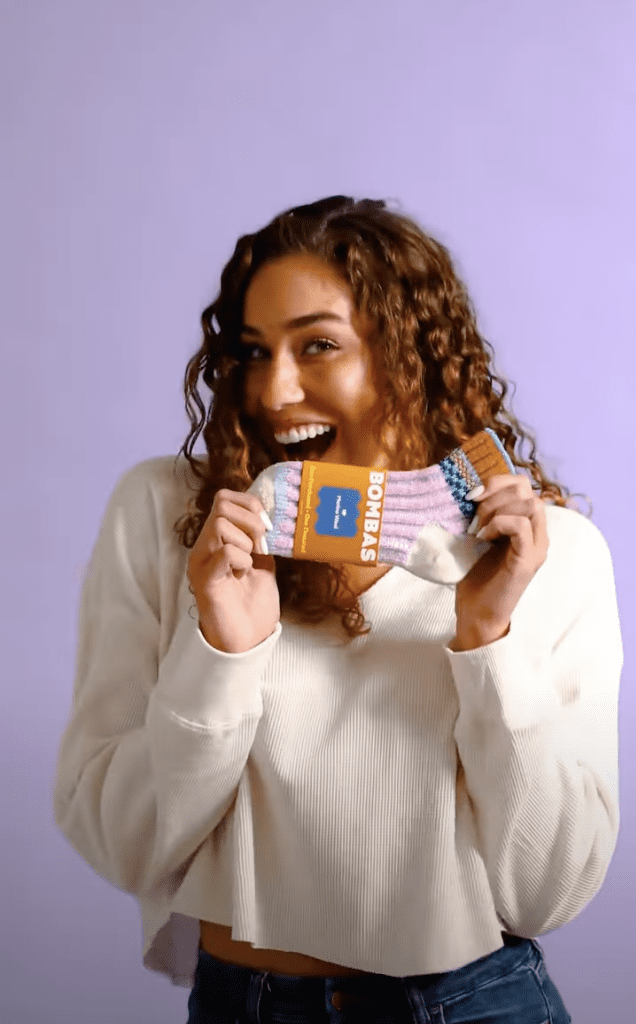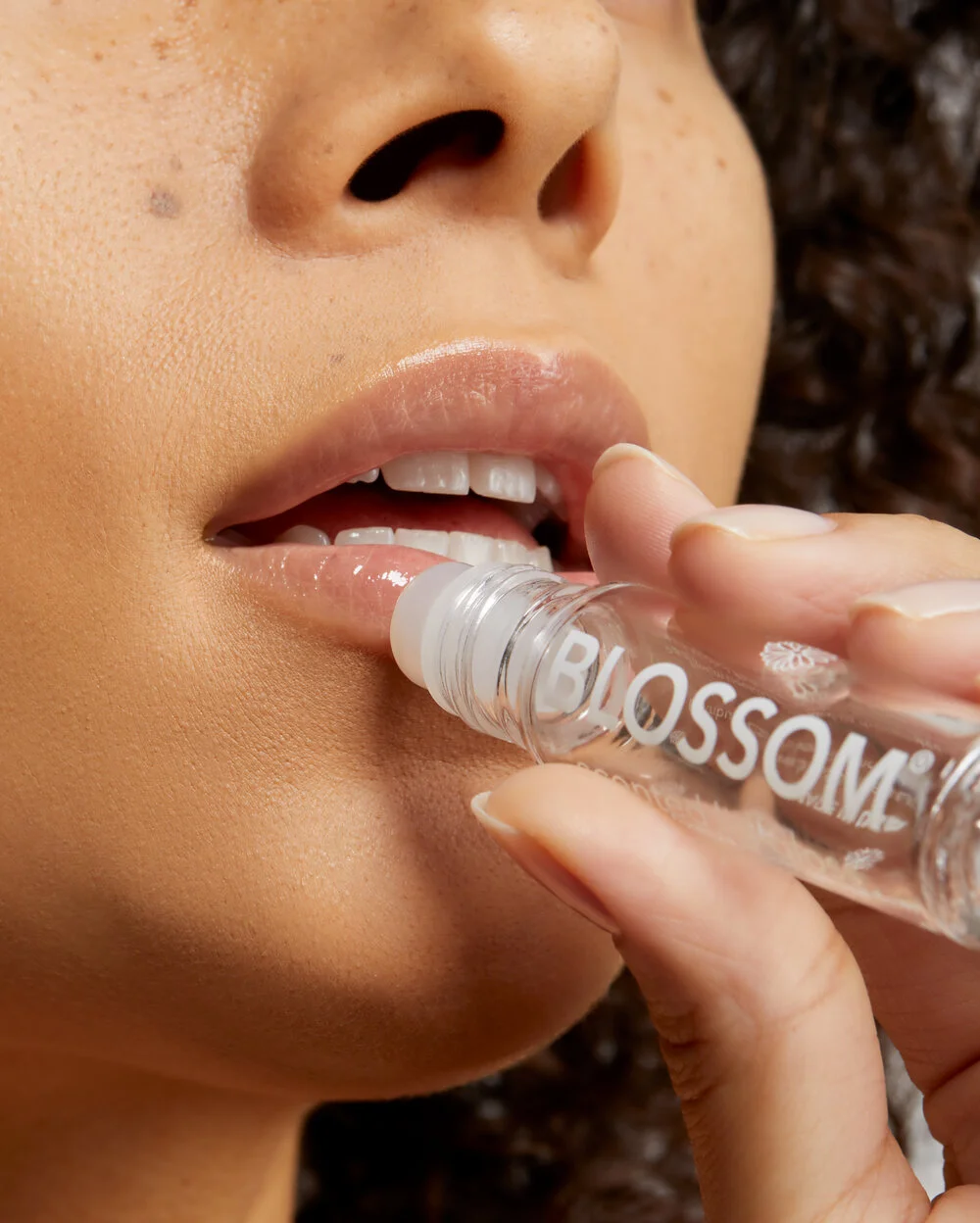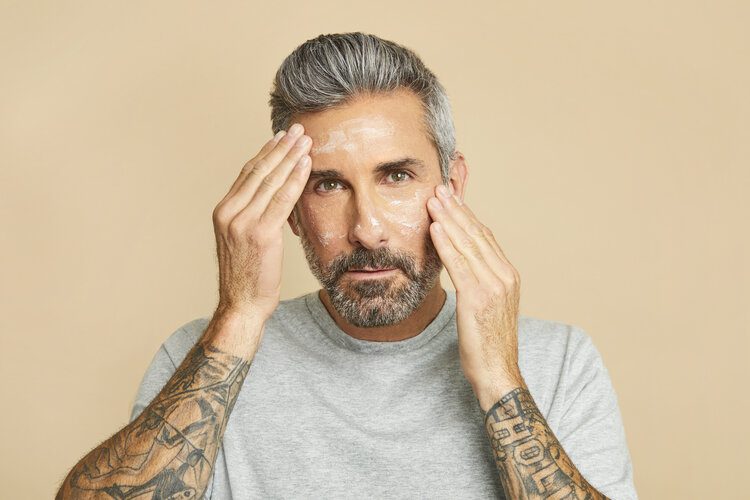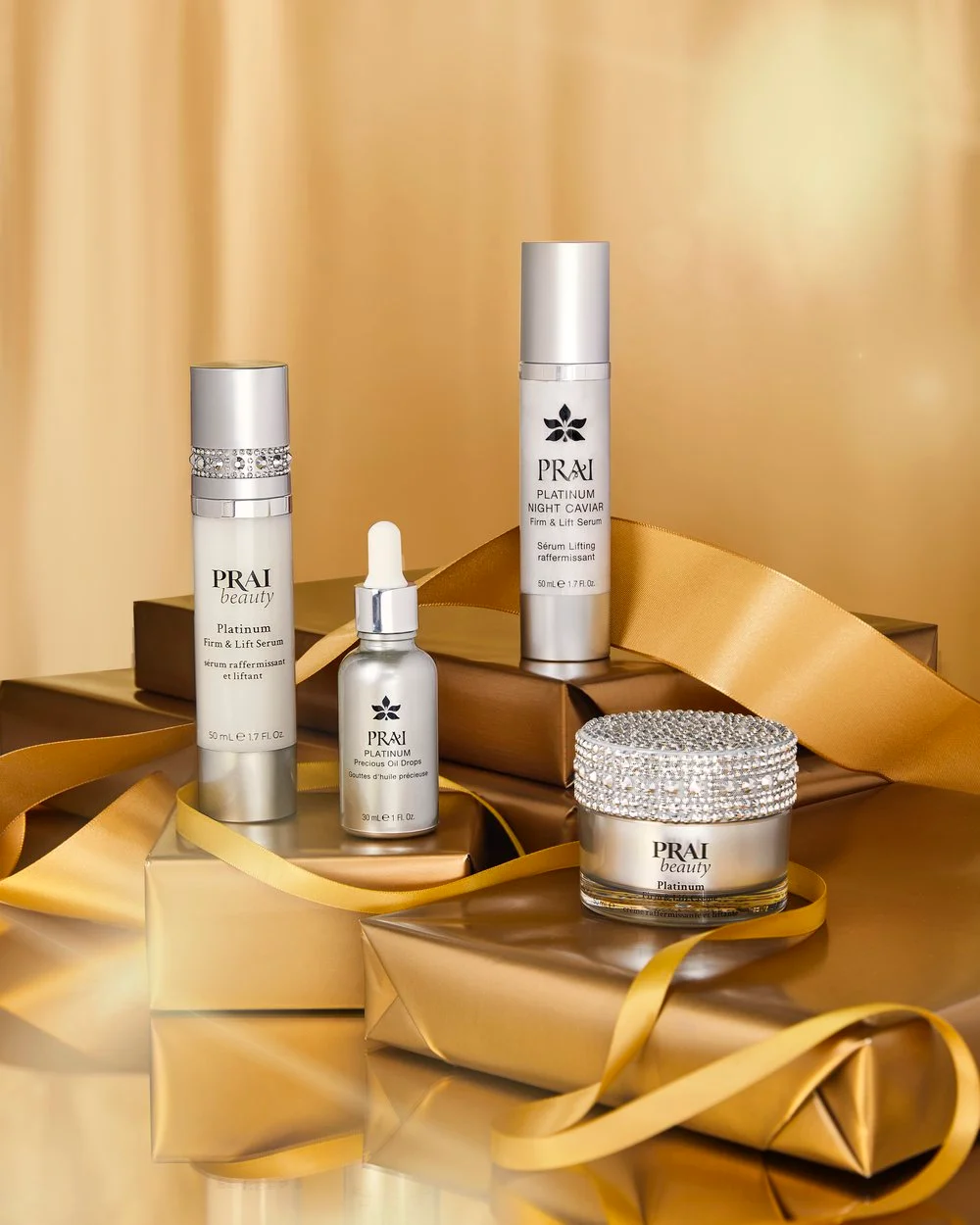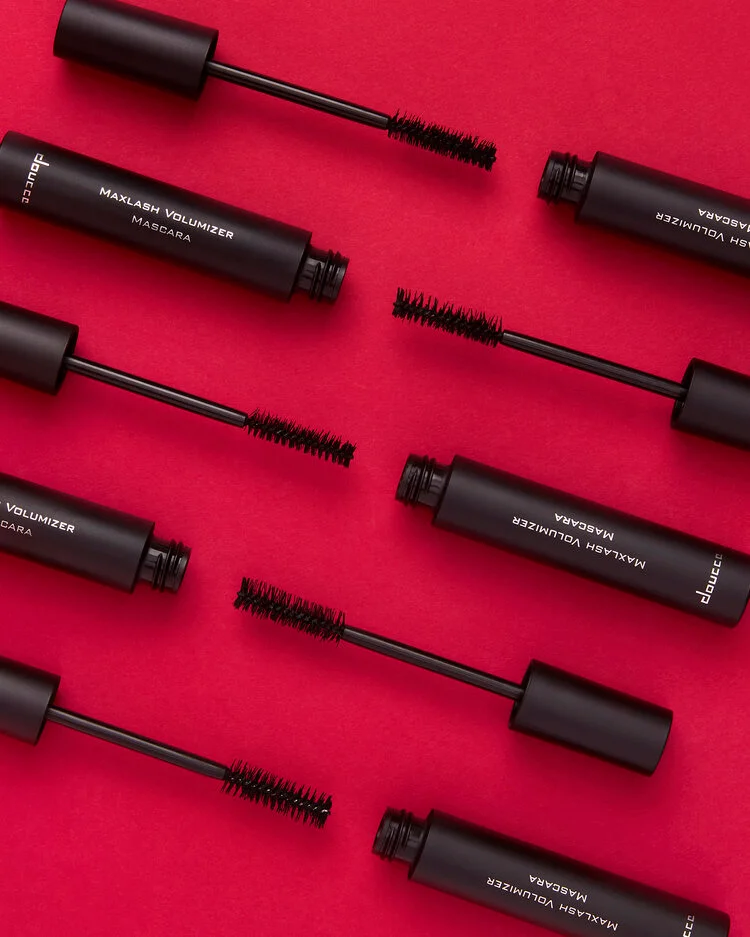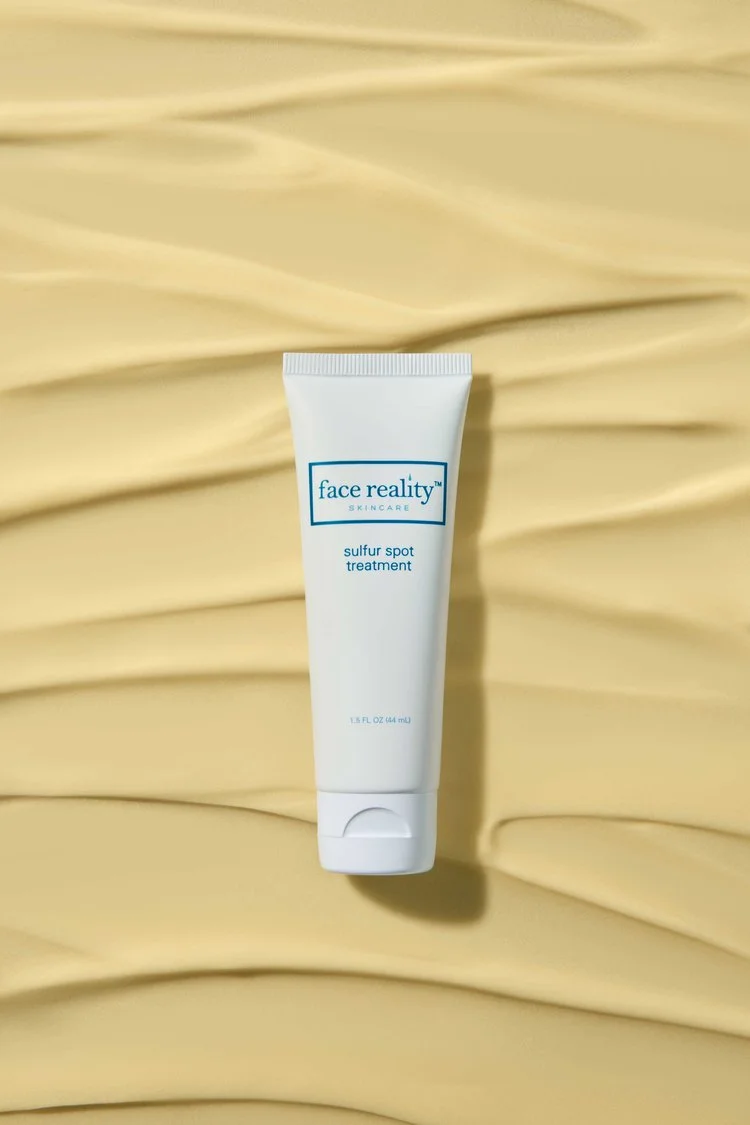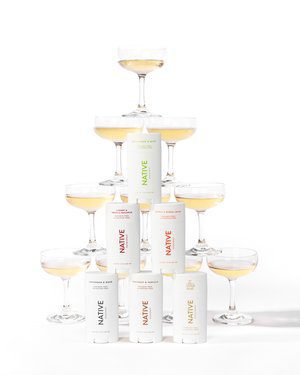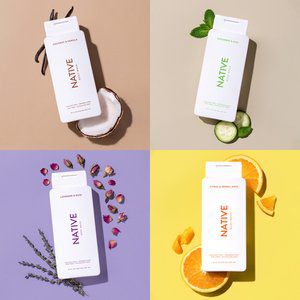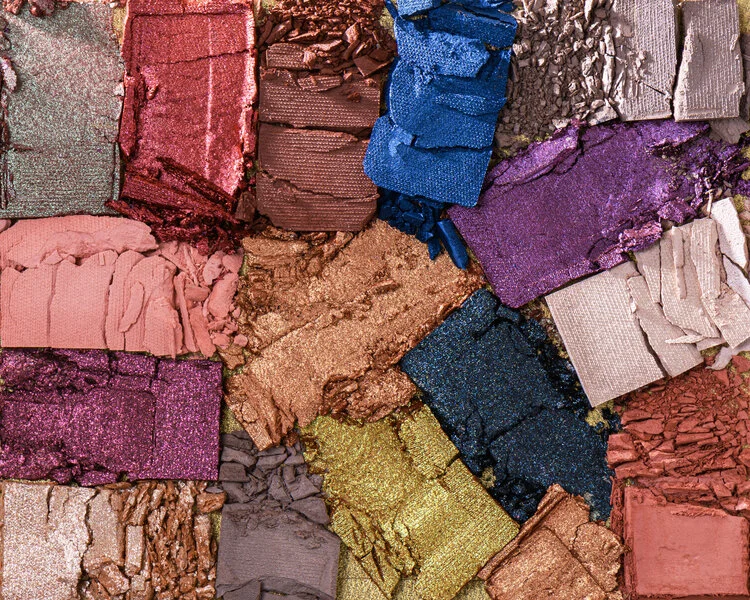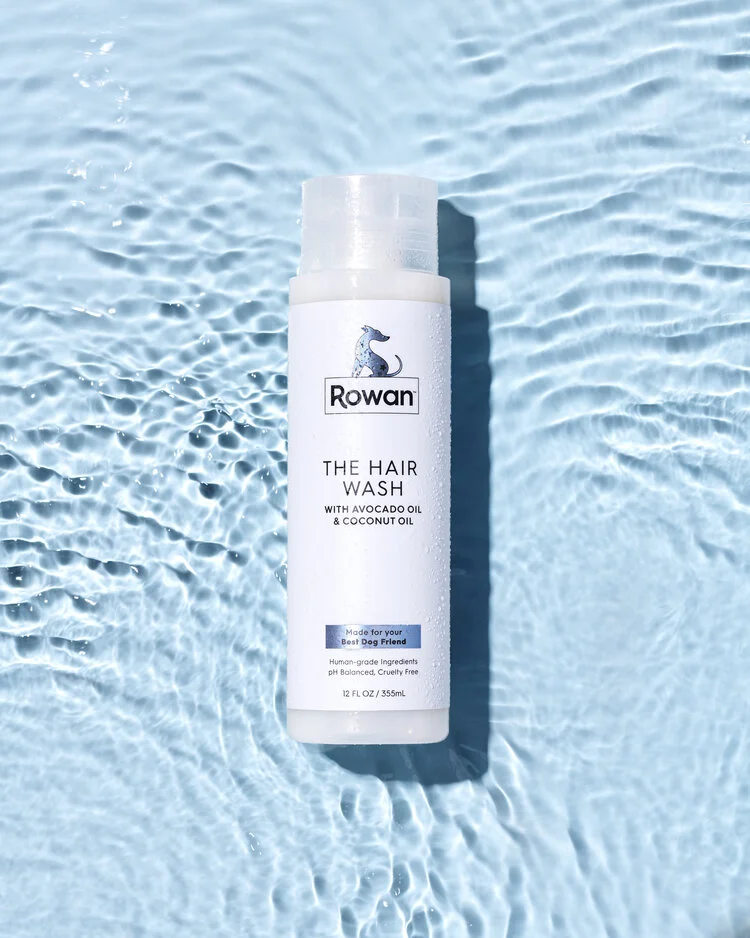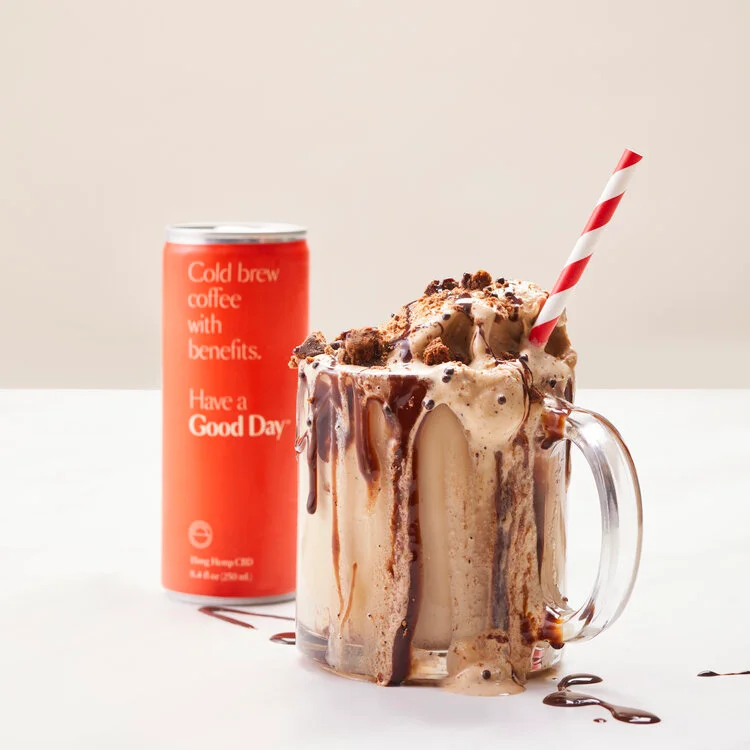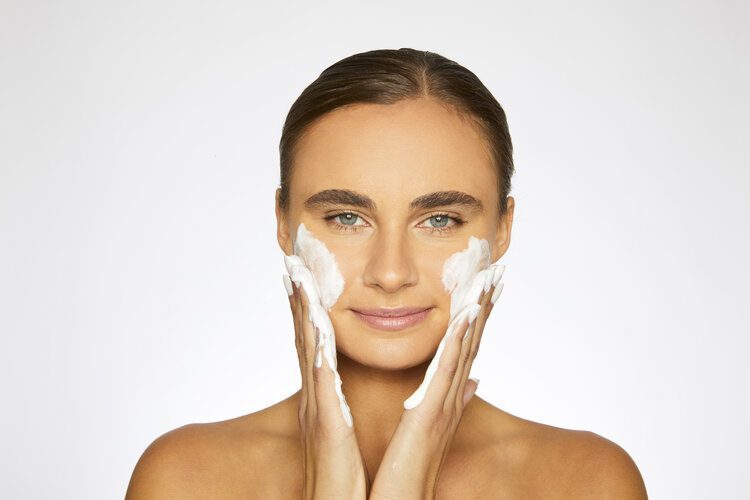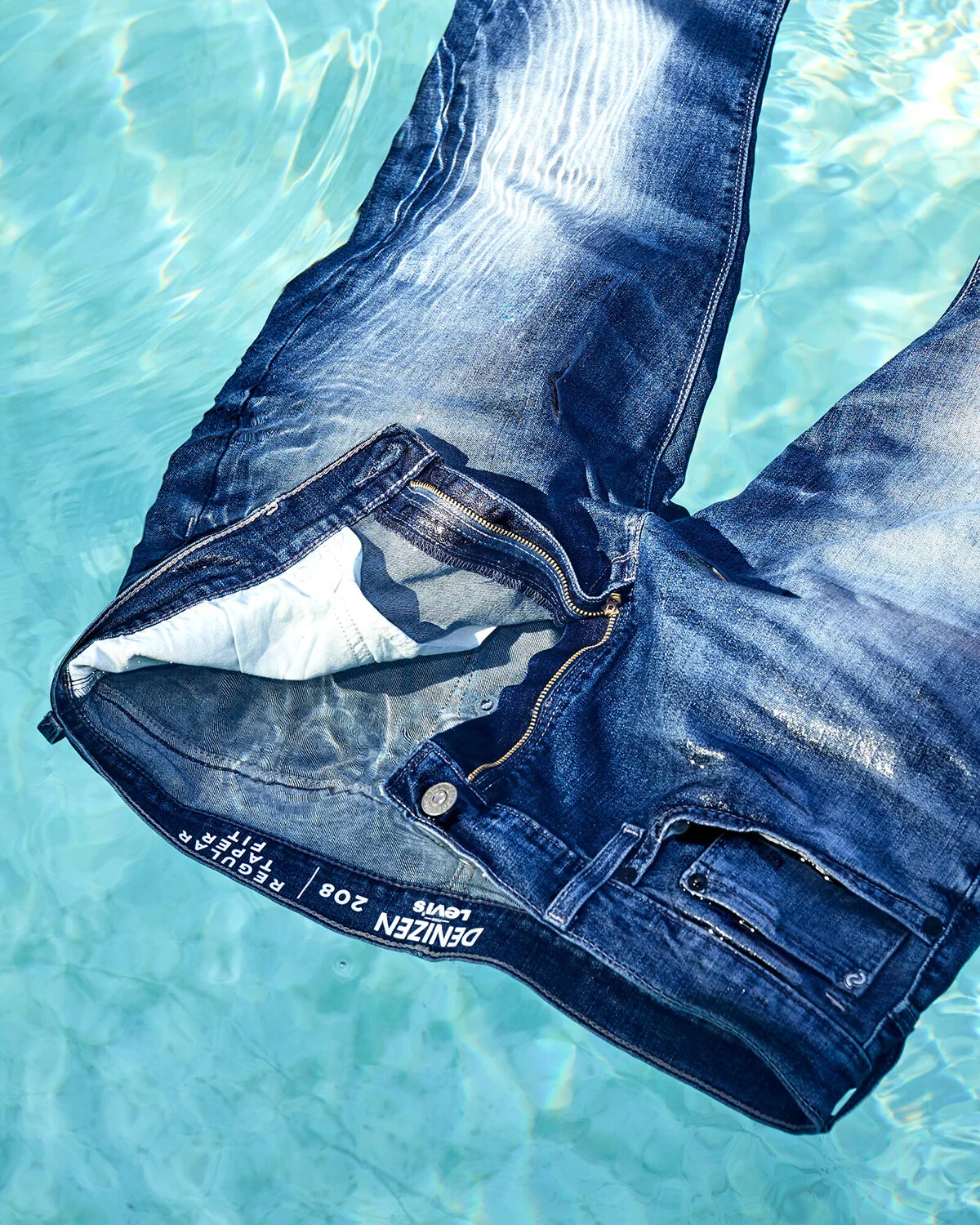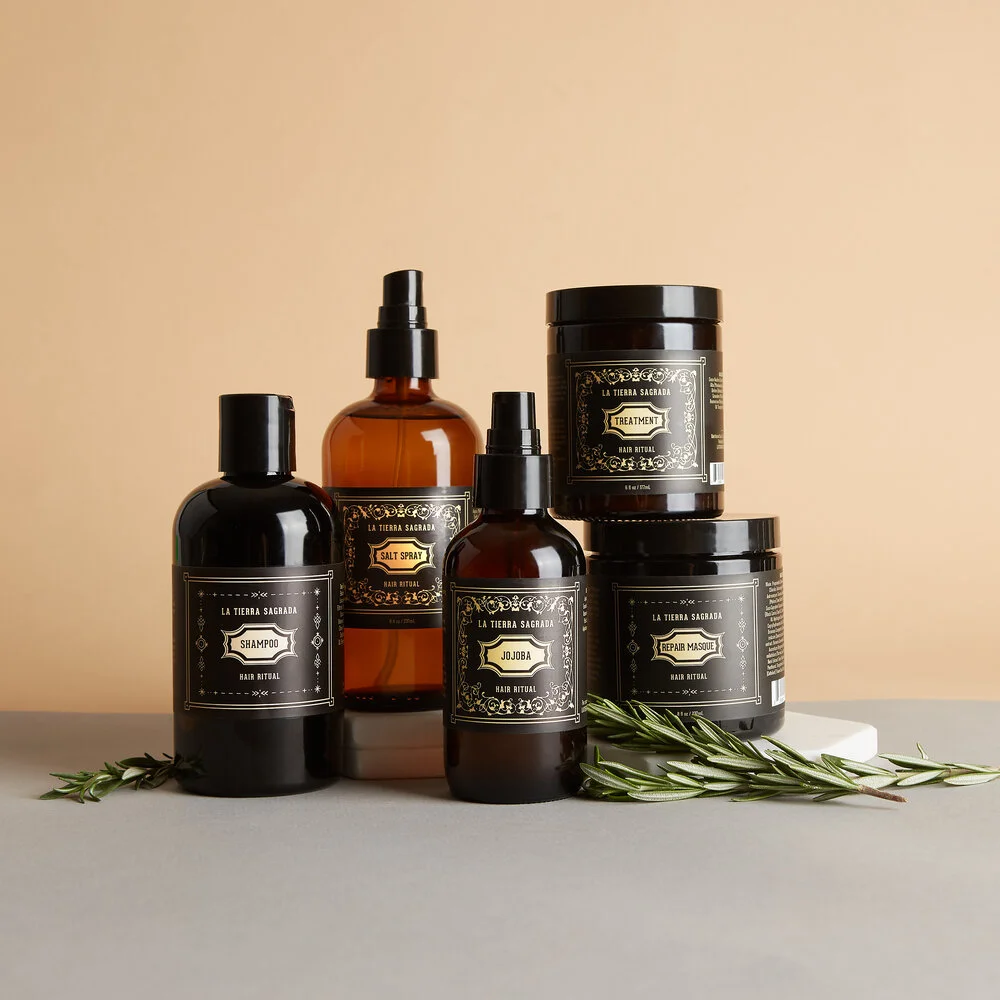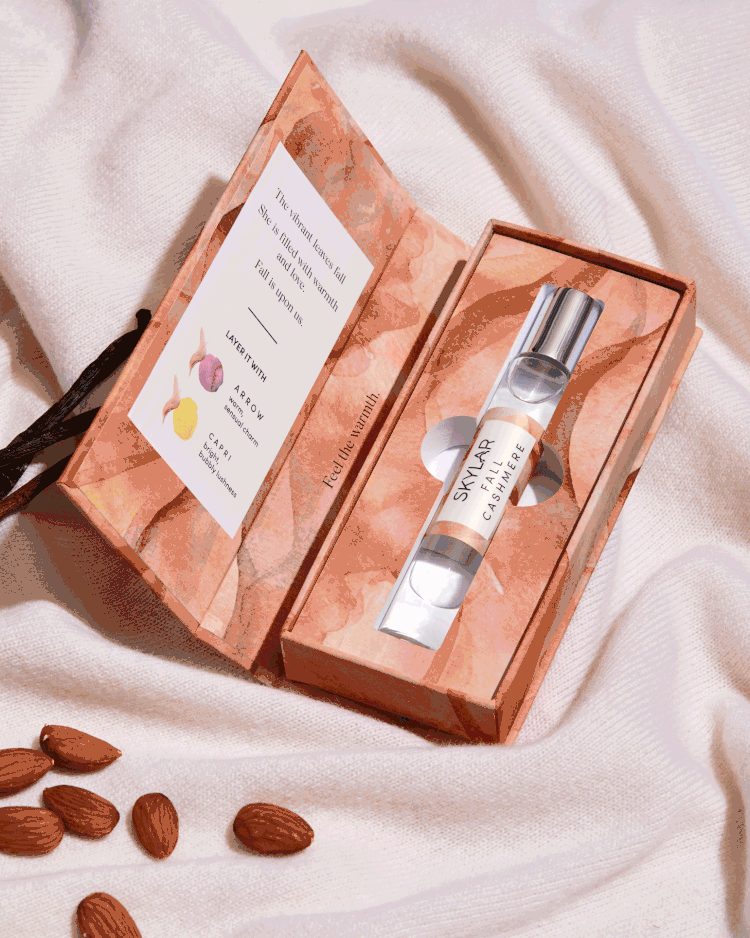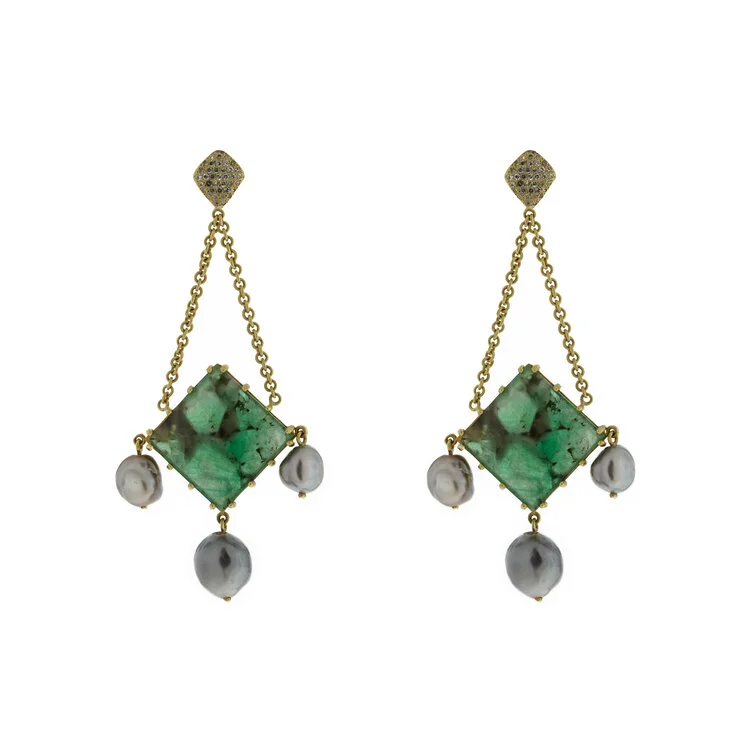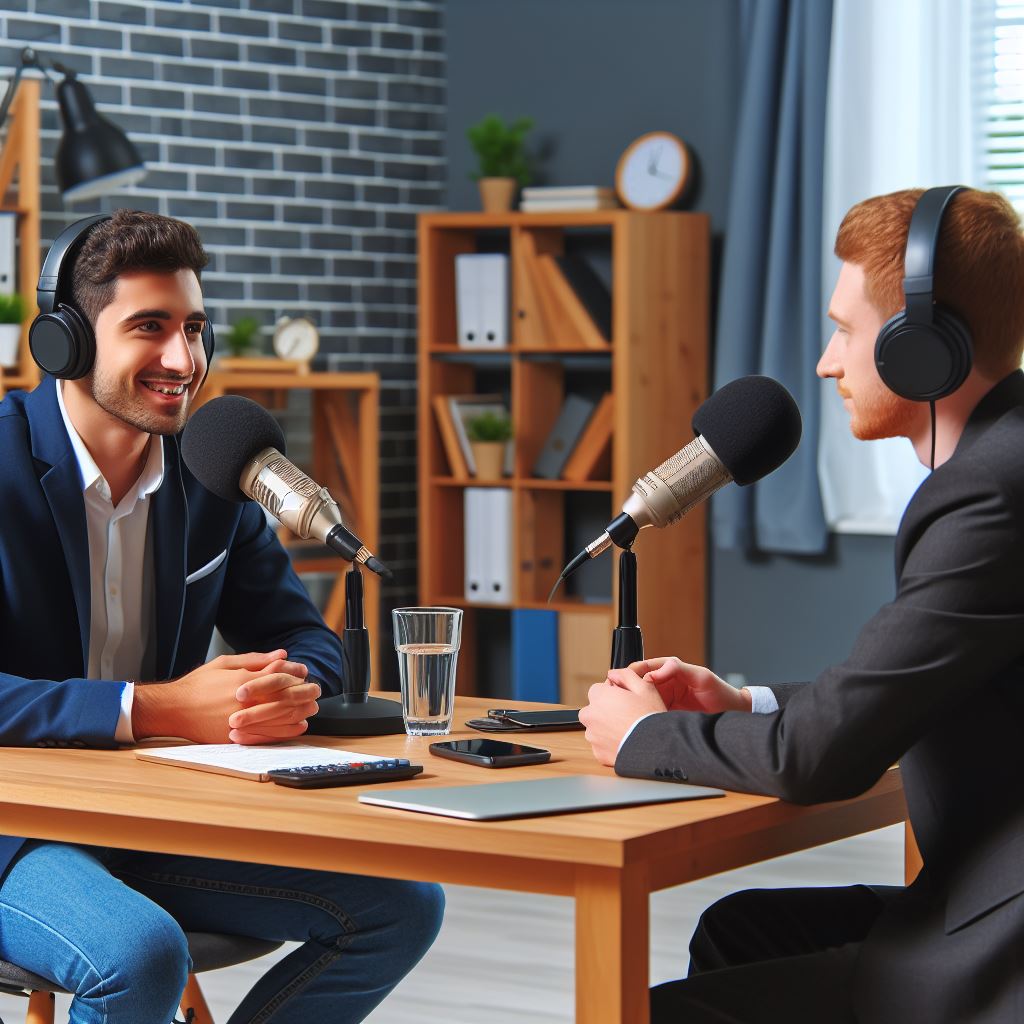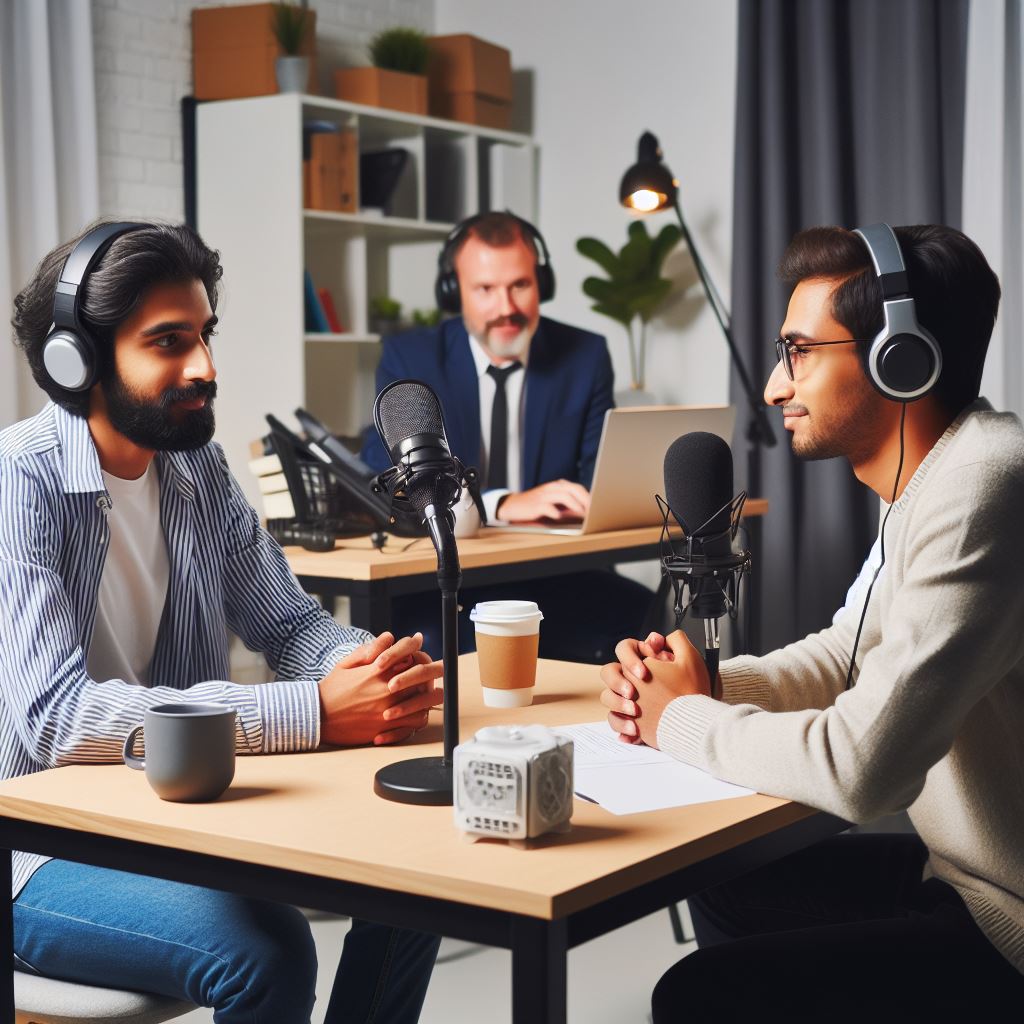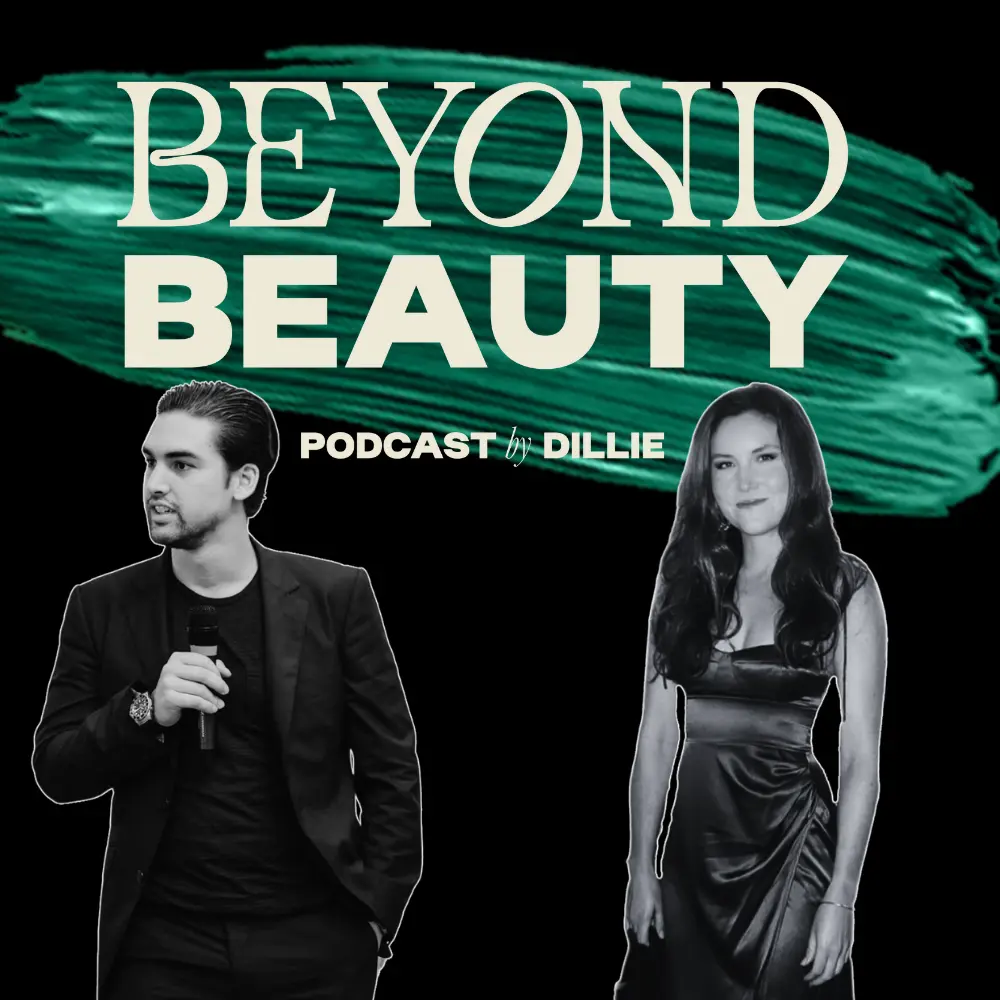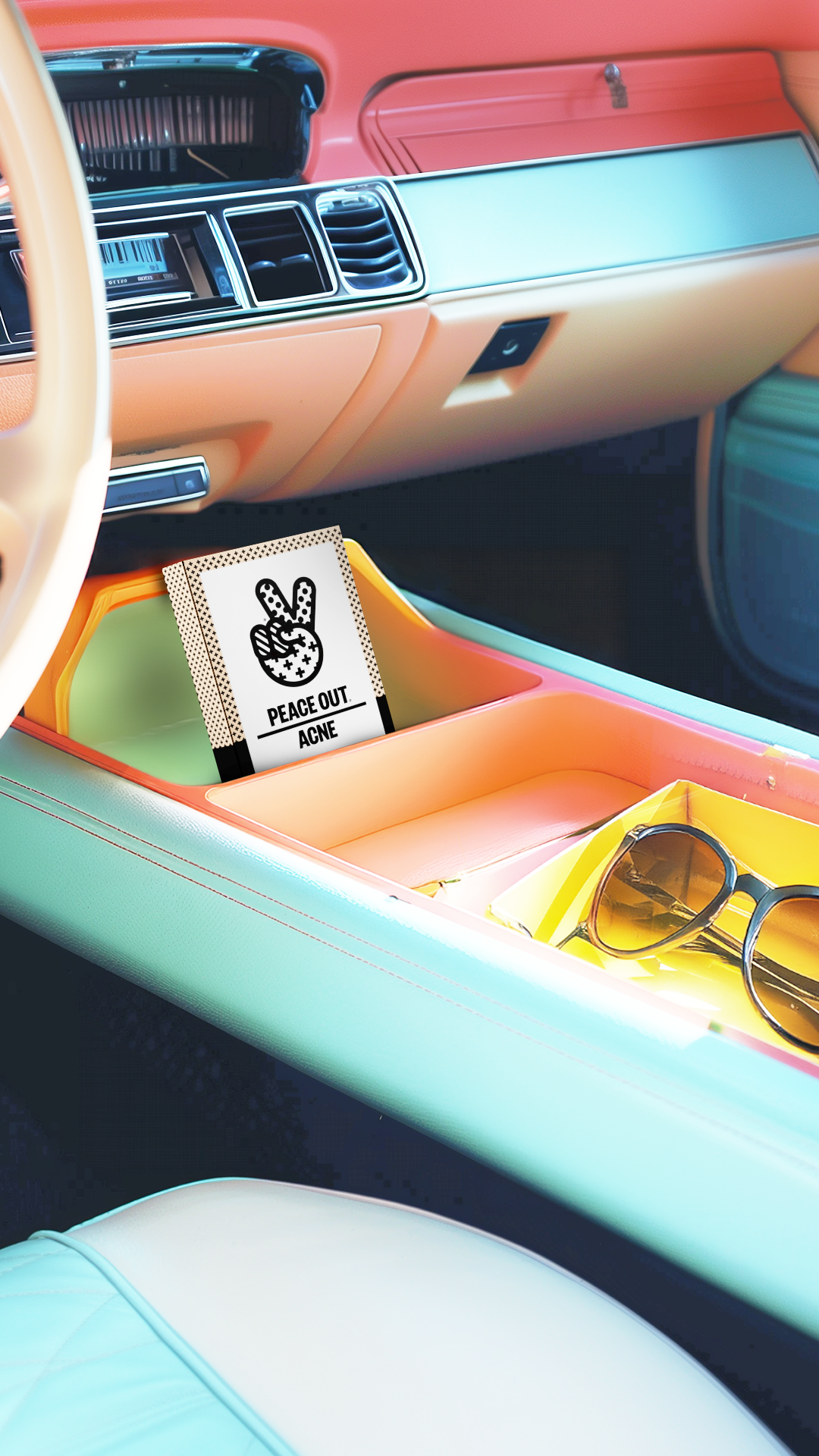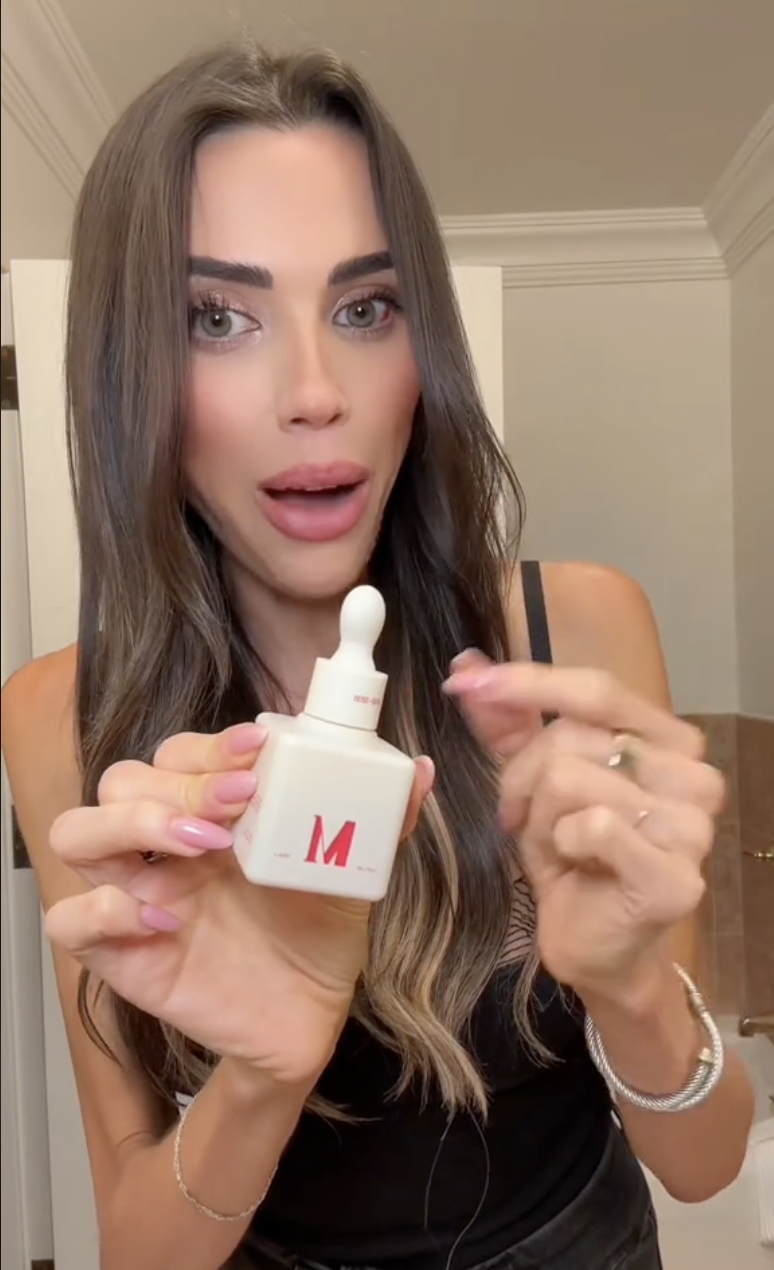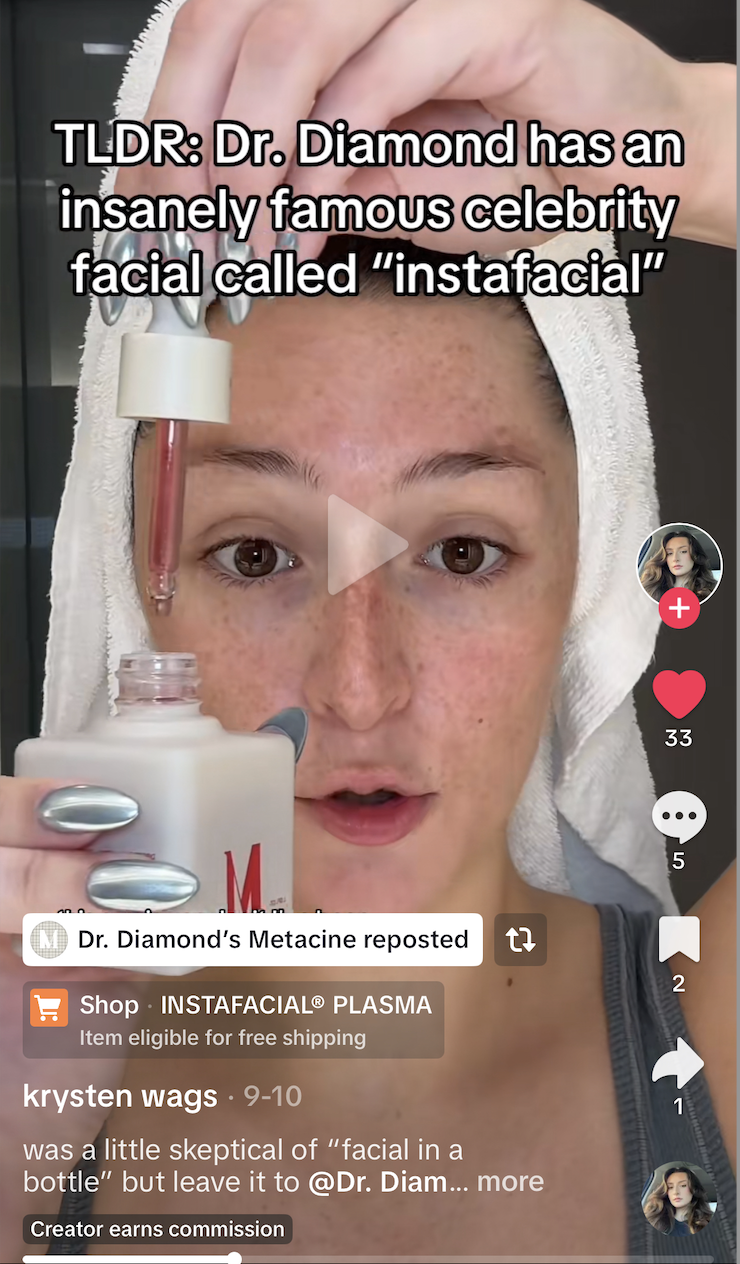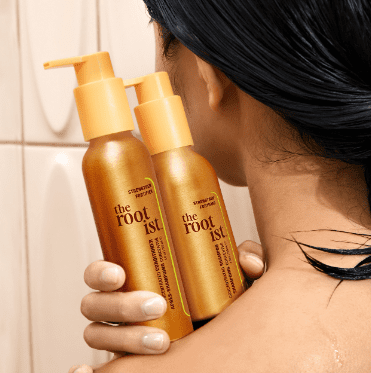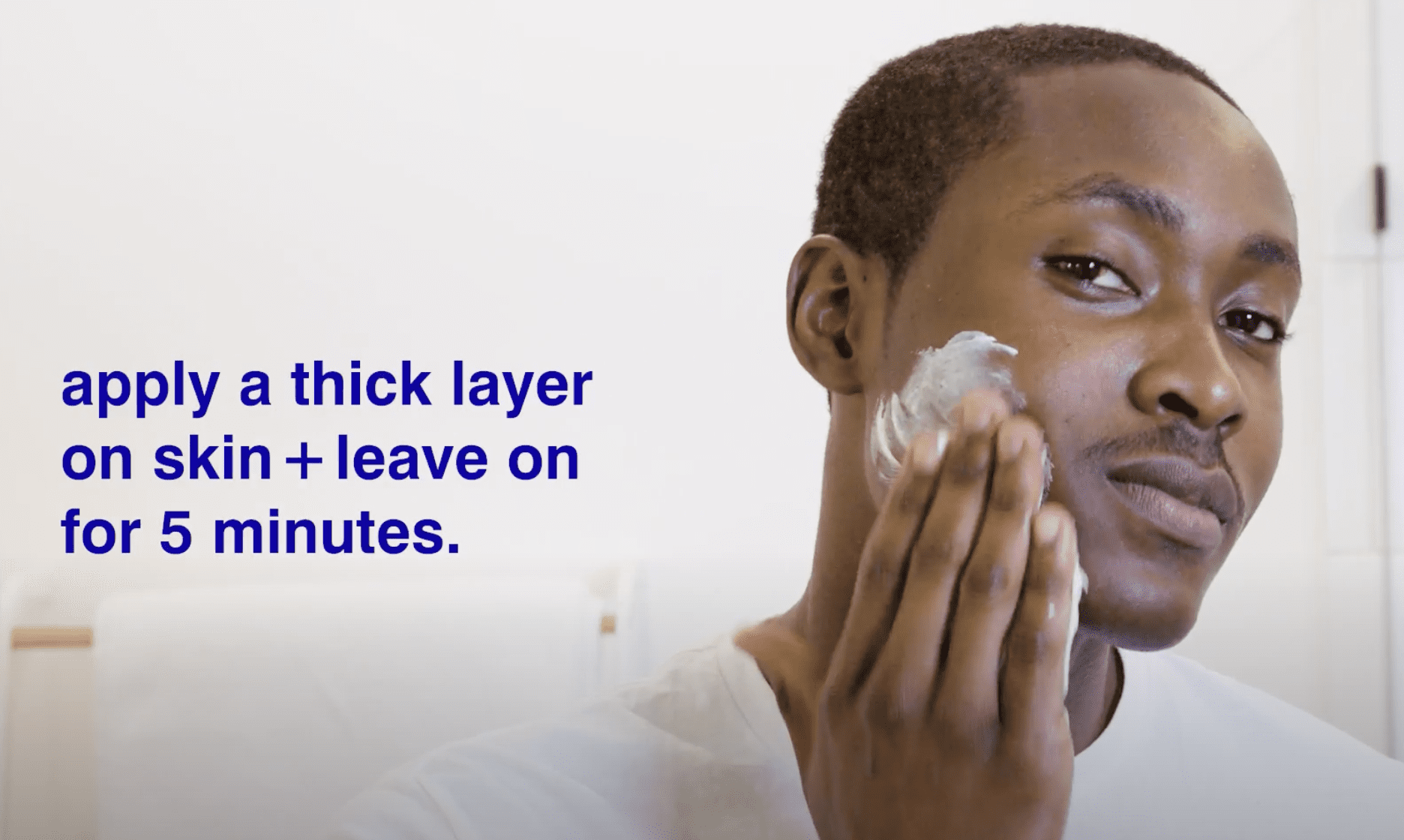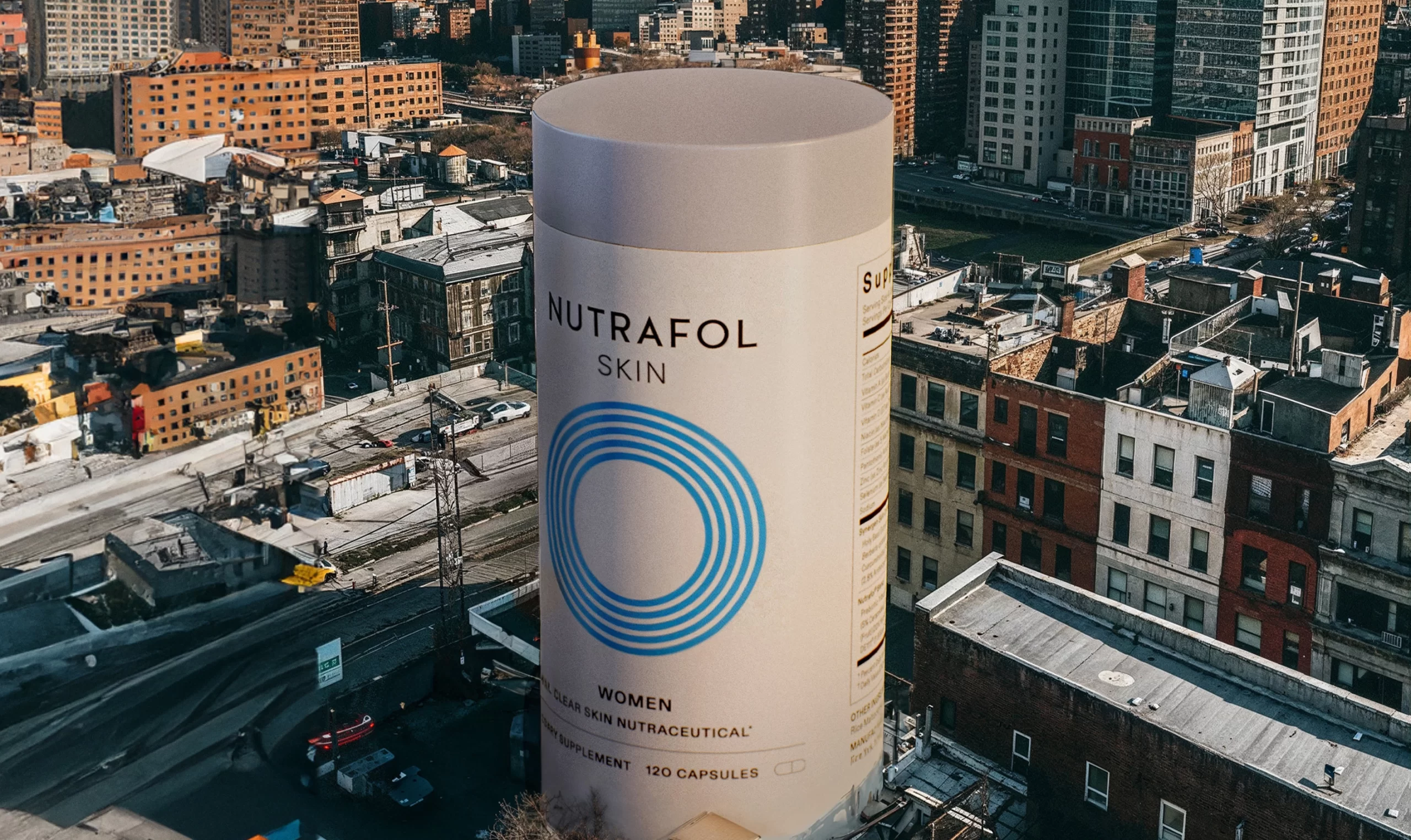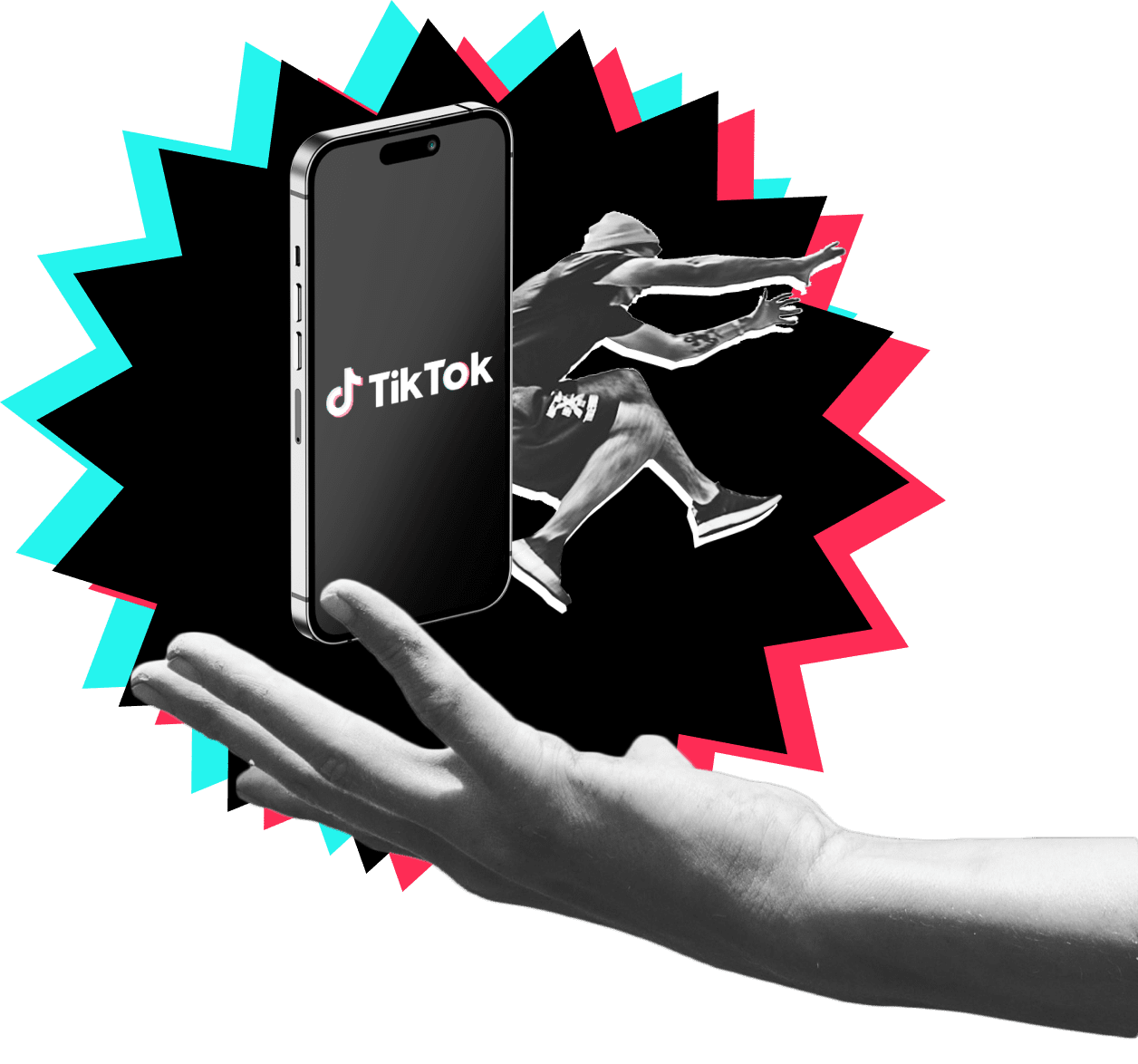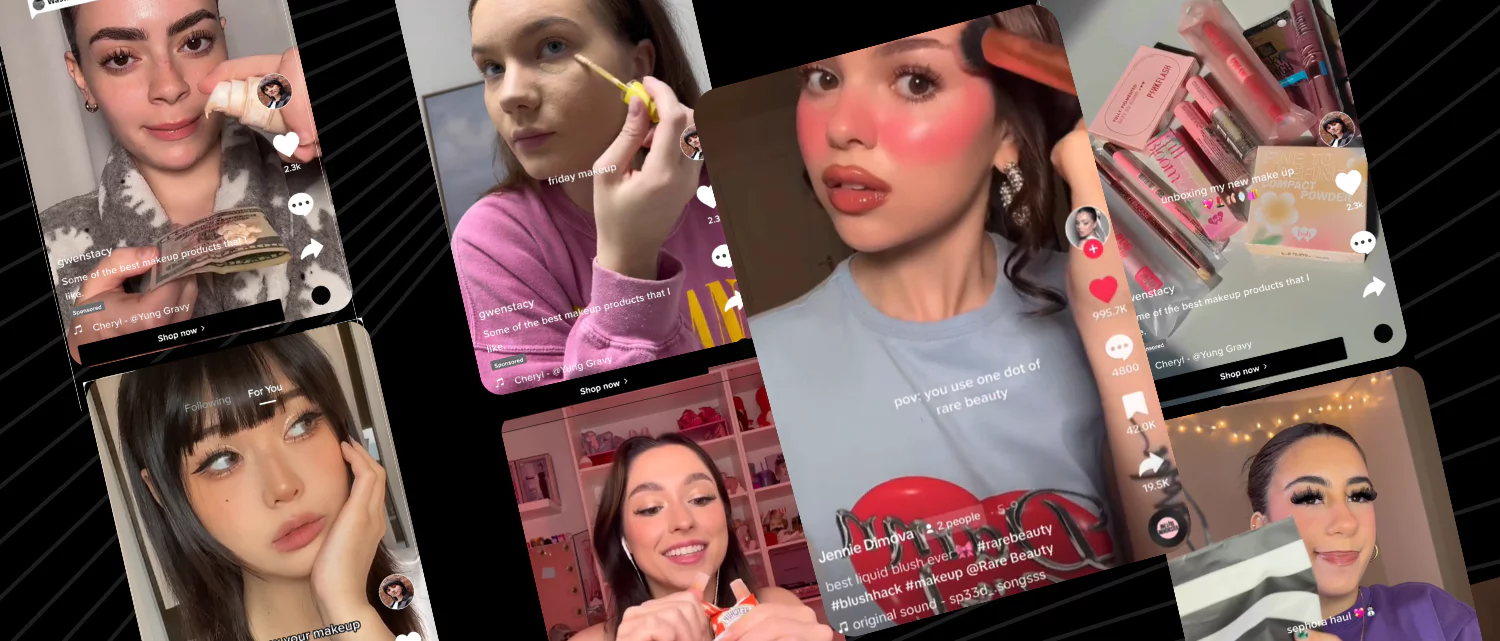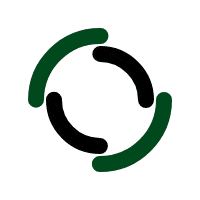In a recent episode of the Beyond Beauty Podcast, the host sits down with Renata Helfman, a renowned celebrity makeup artist and the founder and CEO of Lipstick Angels. This episode delves into Renata’s inspiring journey from a successful career in the beauty industry to her mission of providing beauty and wellness services to cancer patients through her organization, Lipstick Angels. Below, we break down the key themes and insights from the episode, offering actionable advice and thorough explanations for listeners and readers alike.
Renata Helfman’s Early Love for Beauty
Renata’s fascination with beauty products began at a young age. She recalls exploring the beauty aisles during grocery trips with her mother, a habit that continued throughout her school years. This early passion for makeup led her to work at a Lancome counter and eventually discover the world of professional makeup artistry on a movie set. Here are some key takeaways from her early experiences:
Follow Your Passion: Renata’s story highlights the importance of pursuing what you love. Her early interest in makeup set the foundation for her successful career. Seek Opportunities: Renata’s visit to a movie set opened her eyes to the possibilities within the beauty industry. Always be open to new experiences that can lead to unexpected career paths.
Transitioning to Professional Makeup Artistry
Renata’s career in makeup artistry took off after she attended makeup school, where she learned special effects and joined the union. She gained valuable experience working on low-budget films and commercials, eventually working with various celebrities. Here are some insights from her professional journey:
Gain Experience: Working on different projects, even low-budget ones, can provide invaluable experience and help you build a diverse portfolio. Build Relationships: The collaborative environment of film sets allowed Renata to connect with talent and other professionals, emphasizing the importance of networking in any industry.
The Impact of Personal Experiences
Renata’s career took a significant turn when her grandmother was diagnosed with cancer. As one of her caregivers, Renata witnessed the physical and emotional challenges her grandmother faced during treatment. This experience profoundly impacted her and planted the seed for her future endeavors with Lipstick Angels. Key lessons from this period include:
Empathy and Compassion: Personal experiences can deepen your empathy and drive you to make a difference in others’ lives. Turning Pain into Purpose: Renata’s experience with her grandmother inspired her to create Lipstick Angels, showing how personal challenges can lead to meaningful initiatives.
Founding Lipstick Angels
Renata’s desire to support cancer patients led her to start Lipstick Angels, an organization that provides beauty and wellness services to cancer patients. The organization focuses on makeup application, facials, and aromatherapy, working with hospitals to ensure all legalities and health regulations are followed. Here are some actionable tips for starting a similar initiative:
Identify a Need: Renata noticed a lack of beauty services for cancer patients in hospitals, which motivated her to fill this gap. Collaborate with Institutions: Building partnerships with hospitals and other institutions is crucial for the success of such programs. Ensure Compliance: Adhering to legal and health regulations is essential when working in sensitive environments like hospitals.
The Emotional and Psychological Benefits of Beauty Services
Renata emphasizes the importance of the emotional and psychological aspects of beauty and wellness during cancer treatment. She shares stories of patients who feel uplifted and empowered after receiving services from Lipstick Angels. Key takeaways include:
Boosting Self-Esteem: Beauty services can significantly enhance a patient’s self-esteem and overall well-being. Providing Normalcy: These services offer a sense of normalcy and distraction from the rigors of cancer treatment.
Overcoming Challenges and Gaining Acceptance
Renata discusses the challenges of gaining acceptance from some institutions but remains committed to her mission. Here are some strategies for overcoming similar challenges:
Persistence and Patience: Gaining acceptance and building partnerships can take time. Stay persistent and patient. Educate and Advocate: Educating institutions about the benefits of your services and advocating for your cause can help in gaining acceptance.
The Importance of Self-Care
Renata reflects on the importance of self-care, especially when running a charity. She emphasizes taking time to think before making decisions and prioritizing activities that nurture well-being. Here are some self-care tips:
Take Time to Reflect: Allow yourself the space to consider your thoughts and feelings before making decisions. Prioritize Well-Being: Engage in activities like exercise and meditation to maintain your own health and well-being.
Building a Supportive Community
Renata highlights the strong sense of community within Lipstick Angels, fostered by partnerships with brands and personal connections to the cause. Here are some tips for building a supportive community:
Foster Relationships: Build strong relationships with partners and supporters who share your vision. Create a Sense of Belonging: Encourage a sense of family and unity within your organization to strengthen your community.
Conclusion
Renata Helfman’s journey from a celebrity makeup artist to the founder of Lipstick Angels is a testament to the transformative power of beauty and compassion. Her story underscores the importance of empathy, persistence, and self-care in making a meaningful impact. By following her example, we can all strive to uplift and empower those around us, especially during challenging times.
Podcast Transcript
Speaker 1 00:00:01 Welcome to the Beyond Beauty podcast, a platform to highlight the beauty industry’s talent, deconstruct their learnings and spark ideas for your own business. The Beyond Beauty podcast is created by Dillie, the leading creative agency working with the fastest growing brands and beauty. Here, we’ll interview guests from major beauty corporations, creative directors, influencers, founders and risk taking entrepreneurs. Our guests are not only changing the traditional beauty landscape, they’re also innovating in e-commerce, branding, and digital marketing. Join us as they share valuable advice, how they launch their businesses, and most importantly, ignite thought provoking conversations across beauty, tech and marketing. Hello everyone! Today on the Beyond Beauty podcast we have Renata Helfman. So Renata, thank you so much for coming on to share your story on the podcast today. My pleasure. Thank you for having me. Matt. Dive on into Renata bio during her 15 years working as a celebrity makeup artist, Renate cultivated a passion for chemical free products and has become an advocate for all the positive benefits at clean beauty, skincare and wellness have on the body and mind.
Speaker 1 00:01:12 Utilizing her professional background in the clean beauty industry. Renate began Lipstick Angels in 2012 as the founder and CEO. Renate has made it her mission to bring beauty, compassion and human touch to cancer patients through Lipstick Angel’s support services. To connect with her, visit Lipstick Angels. Org. Amazing! Renate. What an amazing background and what you’re doing to help cancer patients too. If I’ve heard about this for a while now. So I think it’s really powerful and and helping people when they’re just going through some really tough times and to find their inner beauty and feel their best. So let’s go back to where it all started. How did you get started as a celebrity makeup artist? Did you grow up loving makeup or what was your first interaction with the world of beauty and personal care?
Speaker 2 00:01:59 I can remember.
Speaker 1 00:02:00 My.
Speaker 2 00:02:01 My earliest memories, actually. Probably, I don’t know, maybe it was like 7 or 8 years old and my mom would take me to, like the co-op or wherever we were going for groceries.
Speaker 2 00:02:15 And I remember just like going into the beauty aisles and even back then really being attracted to like all the oils and all the all the smells and everything and how it felt and going and being working in the industry, being introduced to much fancier options. But I think my first, my first inclination was always being attracted to nature and things that felt organic. Anyway, that went into, yes, all through junior high school, all through high school, like completely obsessed with makeup, doing all my friends makeup, just going up and down the aisles of drugstores and then later working at the Lancome counter. As a school job. And I was really it wasn’t like a very wonderful student and I was going to. I was going to junior college, actually, and I was really struggling with what am I going to do with my life. And my boyfriend at the time was working on a movie, and he was an assistant director, and I went to visit him on set one day, and he’s like showing me around, this is craft service, this is the camera, this is this, this is that.
Speaker 2 00:03:28 And then he took me. He’s oh, and this is the makeup trailer. And I’m like, this is a job.
Speaker 1 00:03:35 Like, you get.
Speaker 2 00:03:35 Paid to do this. I couldn’t believe it. And it really happened so fast. I was just like, I’m like, I just knew I had that pang. This is I can actually get paid. So I asked my parents, I’m like, I can either transfer and you can pay a boatload of money sending me to university, or you can put me through makeup school and I found a really great makeup school, and I learned special effects, and I got in the union. And actually, that makeup artist that I met in that trailer that day actually really helped me because as everyone knows, in life and especially in Hollywood, it’s who, you know, I was like, like I am today, very assertive. And I was back then there was no there was no internet. I was just going through the book and calling every makeup artist in there and saying, can I come work for free? And so anyway, I started my career doing doing like low budget movies, actually for Roger Corman, who just died the other day and, and then started doing commercial work and then just met a few celebrities and it just escalated and it was amazing.
Speaker 2 00:04:46 I was quite young. I really loved my job.
Speaker 1 00:04:49 And what a cool world to be thrown into. And there’s so many endless opportunities, and probably every commercial and film and every like output of produce content is probably so unique and so different. Plus, you’re interacting with humans every day and everyone has skin tones, textures that are varying in different ages. Or maybe there’s a persona they’re playing, or maybe it’s more like that VFX look. So how cool is that? That you can interact with all these different people and get such amazing experience.
Speaker 2 00:05:15 It was great. It was great. And back then, like doing those low budget movies, they’d be like, okay, Renata slit her throat open. Yeah. Like I was like, okay, let me look how to do that. So yes, I did run the gamut of doing a lot of different.
Speaker 1 00:05:29 You even find out how to do something like that. Let’s say you said, oh, I’ve never slit someone’s throat open before. May it look like this.
Speaker 1 00:05:34 How do you research that or it’s also pre probably pre Google and pre blogs. Right. And really we.
Speaker 2 00:05:40 Learned it in makeup school. I just had a I guess I’ve always been comfortable using my hands and like working with textures. And a lot of that stuff is just like Play-Doh. And then using a carving knife and putting the fake blood in there. And again, we’re working on low budget movies. So they weren’t it was an incredible experience for me and calling now to what I do with the with patients and with the organization. My favorite part always of doing the job was not really being on set at all, or really because I’m quite shy. I’m mingling with everyone. It was really being in the makeup room, in the trailer and just being with the person and being intimate, and you’re thrown into the everyday person for a commercial, or even a model or an actress who comes in and there’s just this incredible responsibility to try to nurture and take care of that person. So then they can go out there and feel not only beautiful, but relaxed and feel taken care of.
Speaker 2 00:06:50 So that part of the job was really my favorite part.
Speaker 1 00:06:54 It’s a really intense role within work. A lot of times now we’re talking about human interaction and some people. It’s such a digital world, I guess I’m trying to say, and that we’re so removed sometimes from people. And I do think of something like the beauty industry or film and television where people are interacting on sets all day, and it’s really teamwork and it’s in person, and people have good days and bad days. But it takes the production designer, the makeup artist, the hairstylist, the director, the actor, the cinematographer, the gaffer, the grip, so many people. And it’s really about timing and coordination. And it’s a high stress environment oftentimes too, because you’re perfecting this totally. And how many takes and there’s budgets and it’s I think that’s a really powerful way to learn how to interact with people and how to deal with different people’s temperaments, and then also help them reach their greatest potential through not only just makeup, but also sitting in the chair and making them, like you said, feel comfortable and assure of themselves that they will go and deliver the best monologue on stage in a few minutes.
Speaker 2 00:07:54 Absolutely, absolutely. And they tell you everything. You’re like a psychologist can imagine.
Speaker 1 00:08:02 You’re like, I do the things.
Speaker 2 00:08:04 They see you in the morning. So you hear about the fight with their husband or their kids, and they’re. Anyway, it was great. I would come home from a day of work on the set, though, and really, I was tired.
Speaker 1 00:08:15 I’m sure you know. So then once you’re working on set and then how did you decide to start Lipstick Angels? What was the root of why you were drawn to to start this and make it a mission?
Speaker 2 00:08:26 Well, in the height of my career, my grandmother got cancer and I was one of her caregivers along with my mother. And so, of course, the makeup artist in the family is called to address and help all of the things that are going on her skin, changing her, losing her hair, losing her eyebrows. Mind you, this woman was fierce. A survivor, a Holocaust survivor, a survivor in every sense of the word But so she really, in retrospect, taught me more than I could ever give her by showing her how to put her eyebrows on.
Speaker 2 00:09:04 But I think how the seed was planted was being her, being with her through those trips to the hospital and watching her, literally, because this is like a story I tell because it was pivotal. Like before we’d go in for her chemo or her radiation, she would take down the mirror and she would put on a fresh coat of lipstick.
Speaker 1 00:09:29 Oh, wow.
Speaker 2 00:09:30 And then she would say to me, and where are we going to go after? She wanted a plan. And she. Yeah. She was not going to go in into this as a victim or feeling bad for herself. And not to say that everyone does it their own way and there’s no good way or bad way. But that was just what I experienced with my grandmother. And and she survived it And she died of really of old age much later in life. And I was very close with her. And I think there was always a part of me as a makeup artist that really loved the job. But I think I after a decade, I was there was this like, business woman churning inside of me.
Speaker 2 00:10:15 You do. You are running your own business. You’re making your own deals. I didn’t have an agent. There weren’t many back those days. So anyway, there was that. But I guess I was inside of me. I’ve always. I always knew that. I didn’t think that the being a makeup artist in that capacity was going to be my legacy. When I came to it, I was having some sort of like midlife crisis really early and and we were like.
Speaker 1 00:10:43 You’re an artist and a business owner, and it’s probably the industry’s changing over time, and you’re probably thinking, what’s next?
Speaker 2 00:10:50 Yeah. And I was just really tired of the whole, like, you can’t when you’re working like that, you can’t really make plans. You can’t miss jobs. You’re not going away like you. Really? Because you’re just. You could be off all week, and then you book a big job and then you’re canceling your trip. And so, for many reasons, I just wanted I was, I think in the back of my head, I was always wondering what else there was for me.
Speaker 2 00:11:14 So anyway, on top of that, I think I was having a very early midlife crisis and I thought there was just something missing in my life. So I thought, why don’t I go do for what I did for my grandmother, for other cancer patients? I went to the closest hospital that was near me, which is Cedars-Sinai, and I literally walked in with like my portfolio of makeup. Back then, people carried portfolios, and I went to the volunteer department and I introduced myself and I said, I want to join the team of artists that are working with the cancer community here. And we don’t have a team, we don’t have a program. And I was really dumbfounded. I was I couldn’t believe it, actually, I said. I told him about my experience and that and they said, great, why don’t you start it?
Speaker 1 00:12:02 Yeah, I say, you’ve seen another program at a different hospital.
Speaker 2 00:12:06 I had never seen anything. I just thought I just couldn’t. It just seemed like such a no brainer.
Speaker 1 00:12:12 Like it’s such an organic.
Speaker 2 00:12:14 Everything is happening to cancer patients.
Speaker 1 00:12:17 But it’s. Yeah, it’s another way of saying it might be so obvious and organic to you, but this is such a new and profound thing to even a hospital. It’s like, how can you invent it? And yeah, it has such a demand.
Speaker 2 00:12:30 Yeah, it was because I saw they had a volunteer department. There was someone with doing everything in that hospital, but there really was no one actually touching people and dealing with this very significant thing that was happening to women, especially in, in when you’re going through cancer, you just pretty much like everything is happening to you physically and mentally and spiritually. So anyway, they were wonderful and they said, why don’t you start a program? So I started it. I was literally coming off like the set of friends and like into the cancer center with my kit, and and I loved it. I it really felt like my calling. It did feel like I couldn’t wait to do it.
Speaker 2 00:13:11 Like I couldn’t wait to get there and do it. And long story short, years later I met a dear friend who now is our Board of directors, chair or chair on our board, who was working at a literacy nonprofit, and she said, not if you love doing this so much, and it’s clear that they love it. And other makeup artists, I was bringing them in as well. She said, I really see this being something bigger. I can see this being embraced as a non-for-profit. So that’s really how it was born.
Speaker 1 00:13:47 So then how did you begin to scale it, and do you bring it to other hospitals, or how did you get the word out? How did you do the marketing? Was it word of mouth Are you Are you even allowed to go from room to room and knock on the door? Like, what’s the what was the process and how did you connect with patients?
Speaker 2 00:14:02 I had to think about this in a very non-traditional way for a non-for-profit. And I, after really putting myself, myself through my own school of how to run a charity and how to run a nonprofit, I understood and I wanted to do things in a way that felt right for me.
Speaker 2 00:14:20 So really, how we designed Lipstick Angels is that hospitals actually hire us to work with their patients. We are we actually have we’re contracted with all the hospitals that we work with. And in this way, first of all, when you’re the legalities around actually physically touching a patient and like everything from all the HIPAA laws from actually touching someone’s skin, there had to be a lot of legalities and a lot of contracts around it because you’re working with a demographic of people who are sick. So it’s really word of mouth hospitals. Find out about lipstick angels from other hospitals. I do a lot of marketing and a lot of storytelling on LinkedIn. LinkedIn has been I spend a lot of my day on LinkedIn. LinkedIn nerd, for sure.
Speaker 1 00:15:15 I, I I’m truly bullish on LinkedIn myself. I think it’s a great place where people they’re looking for information so they’re more in tune of responding to the information versus I think Instagram and TikTok might have so many other users or daily users. It’s LinkedIn. People are there for a reason.
Speaker 1 00:15:32 And so they’re curious. Yeah.
Speaker 2 00:15:33 And our social media is it serves a beautiful purpose. And we use it for all sorts of reasons and, and a lot for telling our story and for people to, to become aware of the charity. But for me, engaging with other leadership in hospitals, really LinkedIn is the way to go. So there’s a little bit of a cross between the two. But yeah, it’s me pretty much writing letters to CEOs of hospitals and showing them and putting my deck there and getting meetings. It’s who it’s like any other business. It’s like getting in the door as high as you can with the with whoever’s making decisions, getting introductions and see, we’ve been doing this for 12 years, and we are with about 16 different pretty big cancer centers across the country, which is amazing. But not everyone embraces this. Not every institution understands this or embraces it. It really was a game changer for me as a leader to just be okay with it.
Speaker 1 00:16:40 That’s tough. It is very tough because something you believe in, you’ve seen such and it almost helps with a resiliency.
Speaker 1 00:16:46 I’m sure in many ways of saying if they can, they feel better. Maybe it’s even down to their skin. Your skin is your largest organ too, And I’m sure your skin the the texture maybe becomes more dry or more sensitive, more oily. And so it’s really about arming your skin barrier with all the medicine that’s going through your body too. So I think for sure, even if someone saying, oh, it’s okay if I lost pigment in my like, cheek colors or lips or they lost their eyebrows at the same time, it’s like your skin is your hardest organ, so it’s something to take care of. So it’s really interesting how certain people are more against it or standoffish. And other people are saying this is something powerful and amazing, and I want to offer it to the patients in my hospital.
Speaker 2 00:17:25 It always comes down to finances. It really does. And what someone believes is important. We basically work with patients in a in, in the wellness and of beauty and wellness for sure, doing everything from facials to makeup, aromatherapy, guided breathing, massage.
Speaker 2 00:17:45 All of our all of our staff is trained in oncology aesthetics. We put everyone through. We have our own academy of learning like which lymph node you can touch and what’s going on with a cancer patient psychologically as well as with their skin. And the profound difference that we see from patients is literally like seeing someone who perhaps is shut down and depressed to then leaving, getting a hug and them calling their girlfriend, saying, do you want to meet for lunch?
Speaker 1 00:18:18 and that’s beautiful.
Speaker 2 00:18:20 And so it’s an amazing.
Speaker 1 00:18:22 Feeling that happiness is going to get them through so much, whether it’s a long stretch of tough medicine or a rough day with a new diagnosis like that, those moments really empower you through the.
Speaker 2 00:18:33 Distraction to like, we get we have these common cards that they fill out and we get thousands of them and they’re like, just the distraction. Like, I forgot for a minute I was getting chemotherapy, I forgot I was in a hospital, I thought I was in a spa, and I always thought that this is medicine because.
Speaker 3 00:18:54 The.
Speaker 2 00:18:54 Brain is powerful, the heart is powerful. So how can we work alongside with the medicine? I was we get grants from, from from drug companies that are working beside us. And we’ve had we’re in this together. Right. Like you’re working killing the cancer. And we’re.
Speaker 3 00:19:11 Here.
Speaker 2 00:19:12 Lifting the heart. And so together we can leave the room and feel that that something’s been done to the human spirit.
Speaker 1 00:19:21 definitely. There’s such a massively powerful piece about connecting with the person. Helping them feel good, like you said, is like lifting their heart and saying, if they feel strong, then that will give them the strength to keep going and fighting and, and and also, like you said, just reaching out to say, let’s go to lunch with a friend, let’s go sit in. People watch at a cafe where people are happy going by versus many times when in your hospital you see a lot of sad things in a hospital. So I think it’s good that they feel confident to get outside and see the sun and sit on a sidewalk and just feel and look their best.
Speaker 2 00:19:53 We some normal reactions where if this didn’t happen, I would have gotten back home and just gotten to bed and and not only that, we’re giving them like so we have eyebrow stencils, eyebrow pencils. We’re not only doing it, we’re giving them everything they need.
Speaker 1 00:20:10 Because in the mentor tutorial to say, okay, this is how okay, this is how you’re going to fill in your eyebrows since you’re losing hair or hey, this is an easy way to add some like color and like even skin tone or even back to that skin. Care to, like you said, the facials. I think that’s such a big thing that people are probably going through is their skin is changing and their hair is changing.
Speaker 2 00:20:30 Yeah. So they leave with the tools they need to inspire them to to have self-care in their life. And we might see a patient 20 times, but we still are like, here’s your lipstick, here’s your eyebrow pencil. How did you do when you’re coming back Friday? We’ll work on this.
Speaker 2 00:20:45 So it’s about building a friendship, a relationship, and also for the caregiver giving them a moment to have a respite, right? There’s a can’t tell you how many daughters, mothers, husbands or friends are sitting in that room to who? We also, of course, offer treatment to. But then a lipstick angel will walk in and they feel like, oh, I can, I can go get some lunch or go get something for my mom, or even just seeing the joy a patient gets. If you’re with someone who’s ailing, watching them receive something that is making them feel so good. It’s just so good for the whole family. We always say when a family member gets cancer, it’s like the whole family does.
Speaker 1 00:21:30 That’s very true. That’s very true. And you’re helping everyone and you bring everyone together. That’s so powerful. Do you ever sit back and say, wow, this is what I’m doing, and this is so cool what I’m doing? And like in terms of getting the word out, or do you reach out to brands and partner with people like, how are you going to continue building this and what is next and what is down the road and what do you look forward to? What are the hard parts?
Speaker 2 00:21:54 We are so blessed.
Speaker 2 00:21:55 I think definitely my career prior to this was very helpful. In some of the brand collaborations that we have. We have a really strong partnership with Credo Beauty. They’re the largest clean beauty realtor real estate store, and Andy Jackson’s actually on our board of directors. I met credo literally like a decade ago. And not only are they giving us a portion of proceeds of everything that, you know, that at the end of the year, but also all the brands and credo, they can’t wait to be involved. So getting products donated for this cause is like amazing. And the thing that’s so special is all of these brand founders, the majority of them are making clean products or have made clean products because they had some sort of illness in their own life. Yes, they understand what we’re doing. They’ve either been through it or they’ve been through it with a family member or friend. So there’s a real incredible synergy from the top to the bottom here at Lipstick Angels. And I feel like it’s just a big family.
Speaker 2 00:23:05 All the people that contribute to this beautiful cause, down from the in-kind donations to the financial contributions to brand founders that come to masterclasses at our studio, it’s a labor of love.
Speaker 3 00:23:19 It is.
Speaker 1 00:23:20 And it’s a beautiful spotlight that you’re bringing to the beauty industry. I think so many times a world of beauty is put in really just harsh light of people saying, oh, this is how they’re forcing women to feel or look or standards. And yes, that was definitely, I would say about ten years ago that was there were very tough standards become the YouTube standards, and now it’s changing. It’s all about how you want to look and how you want to feel. And with Lipstick Angels, you’re saying it’s not just about changing yourself, but it’s about healing yourself and bringing a new.
Speaker 3 00:23:50 That.
Speaker 1 00:23:50 That like life back to you and making you feel your best versus adapting to something else for someone else. So I think you’re bringing that that good PR angle.
Speaker 2 00:23:59 That’s such a great point. And you hit on something really big.
Speaker 2 00:24:03 There’s such an extensive training that goes to be a lipstick angel, and one of them is the conversation with a cancer patient, because we’re not in there. We have this very elaborate, clean beauty cart that we roll up. We have a spa menu that we give them when they sit down and they’re like, blown away. The conversation is really not about here. You’ve lost your eyebrows. Here’s an eyebrow pencil and here’s a stencil because you shouldn’t walk around like that. It’s really about we have all these offerings and whatever you however you want to go through this journey is totally cool because I learned early on from and because so many lessons came. How we do this came from interactions with patients. And I had this amazing interaction with a patient once who I don’t want to cover it up. I want to go through this like this. And and I was like, wow, I never thought of it that way. And and I said, well.
Speaker 1 00:25:03 And like a unique one on one conversation with the patient of of what they want, what they believe in.
Speaker 2 00:25:08 So we really the conversation now because we treat so many men as well. It’s not about it’s whatever you want and it’s if your hands are dry, if your skin is dry, like we have all these options. And if you’re there’s less wigs in the hospital now, people are rocking a bald head or wearing a head scarf. There’s less shame around cancer. There’s less shame around this is the way I look. And so really, everything else has changed in this 2024. We had to change everything to our brand became completely gender neutral, right? Men, women, trans like. We do it all and really understanding that we’re not in there to put makeup on you. We’re in there to inspire self-care and self-love. That’s our message.
Speaker 1 00:25:57 I love that, I love that that’s that is powerful. And that is something that people are going to think about for the rest of their lives, of the interaction, whether it’s once or multiple times, it really makes a big difference. It really does. But as we wind up this pot or wind down this podcast, we have a few more questions.
Speaker 1 00:26:14 So I know we can chatting for forever. But one is always about advice. What advice would you like to share with everyone? Maybe it’s advice that is your daily mantra, the words you live by. Maybe it’s something that advice someone gifted you, that you hold to you whenever there are rough times or challenging times or decision making times. But what advice would you like to share and why is it your favorite go to advice?
Speaker 2 00:26:35 Oh gosh, there’s so many things. Something that definitely in the last year has been a big theme for me, is to really speak to so many people about the business side of running a charity and people who want to get involved, some for the right reasons, some people not for the right reasons. Some people. Everyone has an agenda, so to speak. And then so I think for me, it had been really important to learn that you never have to say yes in the room. You never have to make a decision on the call to really just take it all in and be confident that you can say to someone, let me think about that.
Speaker 1 00:27:22 It’s like that saved draft mentality of, you don’t always have to respond right away. You can write it out, sleep on it, give it a week, give it an hour by. Yeah. See if you still stand by your thought process a few moments ago. Absolutely.
Speaker 2 00:27:36 Because every it’s ever changing and everything is changing and the world is changing so fast now, just really taking time to think about things thoughtfully and not just not feeling the pressure because it’s usually it’s the pressure we put on upon ourselves.
Speaker 1 00:27:52 Yes, I know we are our own sometimes worst enemy, and we’re a cheerleader and are also coach at the same time. So there’s two sides of it. Well with that said and about staying present and understanding the decision and not having to rush through things at the same time, looking to the future is our last. And our favorite question is where do you sit in the stands in your life. And what it means is that imagine you’re at a basketball game or a football game and you’re yelling at the players saying, why did you toss the ball to him? Or why did you run that way? Or maybe you were at the feeder and you’re wondering, why did she deliver her monologue that way? I would have done it differently.
Speaker 1 00:28:32 And in your mind, whether you’re saying it out loud or it’s inner thoughts, they can’t hear you. And many times in our own lives, we’re sitting in the stands and we’re looking at our life saying, what are we going to start doing? What are we going to stop doing? And what’s interesting is that no one on this podcast has ever shared the same thing twice And I think some quick responses are normally I’m going to run that marathon or I’m gonna start going to that Pilates class on Monday mornings, or I’m going to make sure I help Johnny with his homework for an extra hour every Tuesday night. And people really go almost that extra layer of, what is that thing that’s on their post-it note on the mirror, or in their iPhone notes that they keep saying they’re going to do. They just haven’t given themselves time to to accomplish it.
Speaker 2 00:29:13 I definitely feel that it’s so important for me. As busy as I get is to heed my own words about self-care. Taking care of everyone else is what comes natural to me.
Speaker 2 00:29:27 So really, in this next chapter of my life, it’s waking up earlier and doing whatever it is exercise, meditation, a walk, whatever is. But making sure I’m making that time for myself is like my next commitment.
Speaker 1 00:29:44 I think that’s a good that’s a good point. You need to take care of yourself. I always say you need to put on your mask before you put on anyone else’s mask on there.
Speaker 3 00:29:49 So true.
Speaker 1 00:29:50 That’s like for our lives as well. Renata, thank you so much for sharing your career story and for how you built Lipstick Angels and amazing work that you’re doing for so many cancer patients. And it’s really, truly admirable. So thank you so much for your time to come on and share your story. And where can everyone find you and learn more about Lipstick Angels?
Speaker 2 00:30:08 Our website is amazing. We just redid it so it’s chock full of information. And of course we’re on and LinkedIn. If you want to read about some of the stories that happen literally at the hospital, we do post a lot.
Speaker 2 00:30:25 And yes, and if you want to email me or it’s Renata at Lipstick Angels org, you can ask me any question you’d like.
Speaker 1 00:30:33 Amazing. Thank you Renata. Thank you so much.
Speaker 2 00:30:35 For you, Anne. This was so much fun I appreciate it.
Speaker 1 00:30:39 Amazing. Thank you. Bye.
